BLog
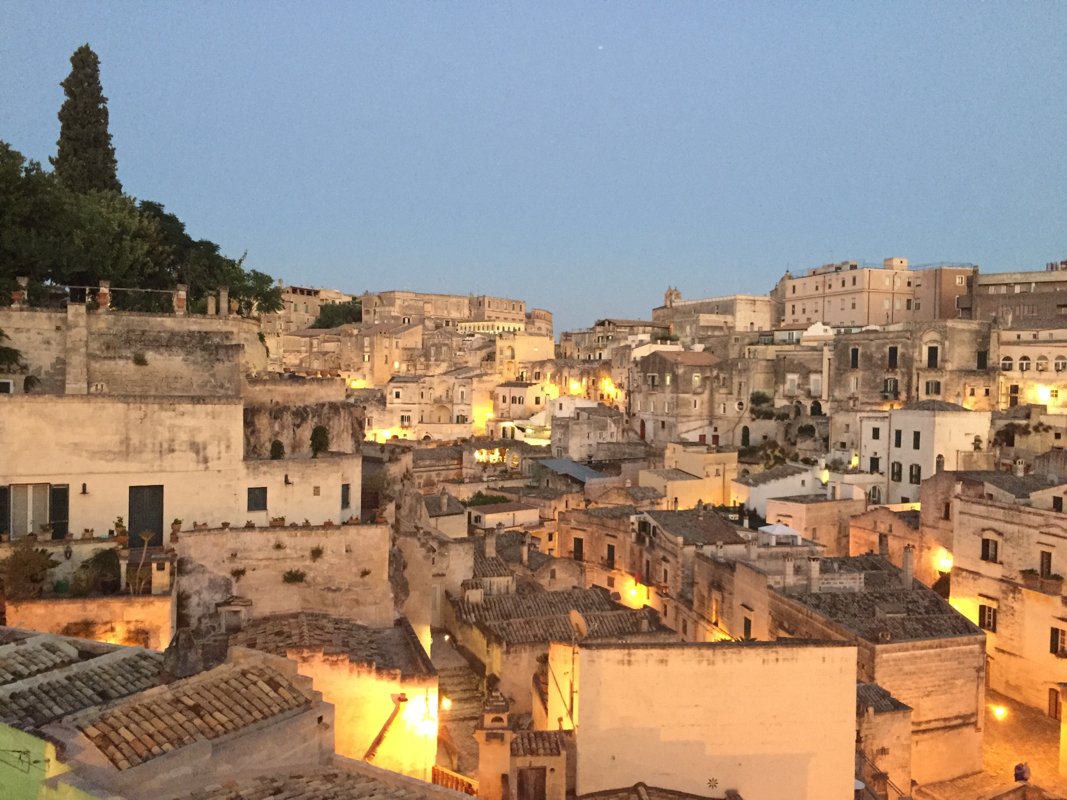 Fortunately, they had a two week break before reporting for duty. Dad tried to talk Stefan into going with him to Rome, but Stefan had other plans. His fiancée Sonia, a young lady from Rome, was awaiting his return near his base. She lived in a rented house on the Sea with her sister, who also married a Polish soldier, 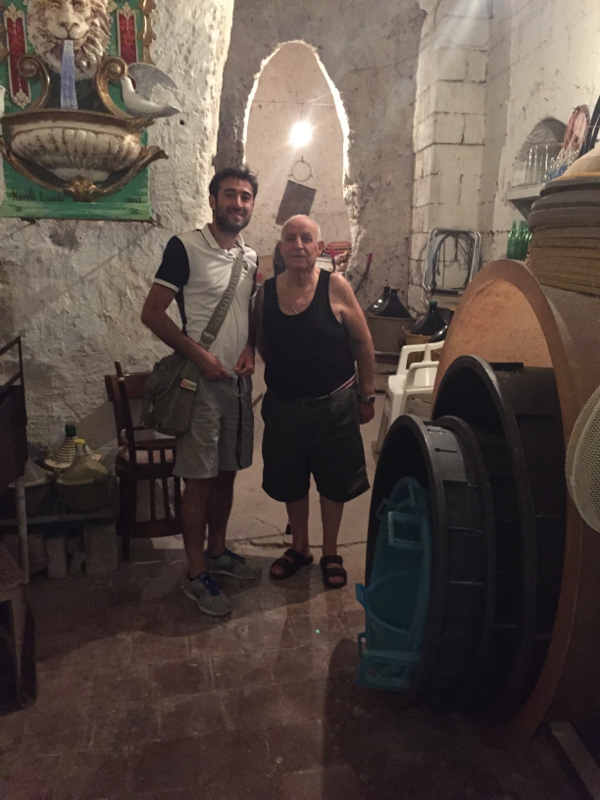 Like my father and uncle before me, I'll leave Matera with warm memories. I mostly stayed away from tourist areas, lived 4 days with new friends from the Sassi.: the local cafe owner and my neighbors. This elder gentleman lives across from where i stayed, and invited me in their shared cave storage area where he stores his wine. We shared generous offerings of moscato. The young man lives above where I stayed and was housing a couch surfer from the Ukraine. People don't have much but he invited me up and insisted I try his pasta with a cold Italian beer the night before I left.
5 Comments
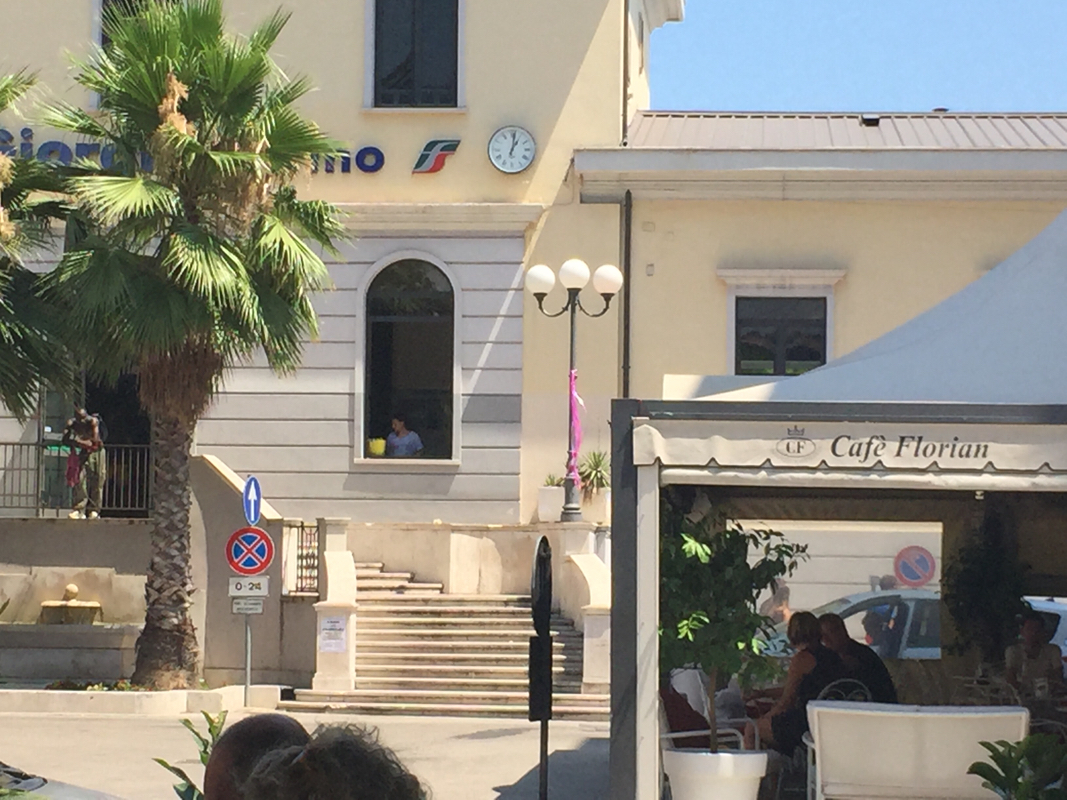 Dad arrived several hours early to board the train for Matera. While waiting, he heard a familiar voice among a group of fellow Polish soldiers also waiting to board. He approached the group and simply said to the stunned soldier, "hi Stefan." After recovering, Stefan grabbed his brother and they visited the nearest cafe to talk over a bottle of wine. I believe the station was Fermo/Porto San Giorgio, where this cafe sits just outside the station. 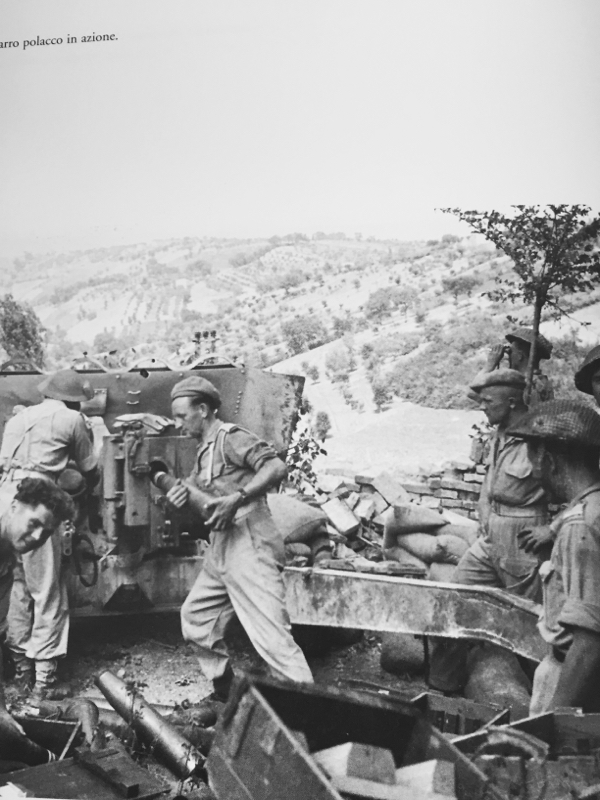 Unfortunately I'm unable to upload a photo of Stefan from my smartphone... His path to this unlikely reunion was most fascinating and daunting. Capture by the Russians, it took 6 days before they broke him to sign a false confession to being a spy against Russia, 6 year sentence in Siberia, amnestied to fight for the Red Army, instead he joined Anders Army in North Africa and was part of that liberation, before flying over the Mediterranean in a glider to help liberate Italy. His story leading to this reunion is paralleled in my book... He was recommended for the same officer training in Matera. 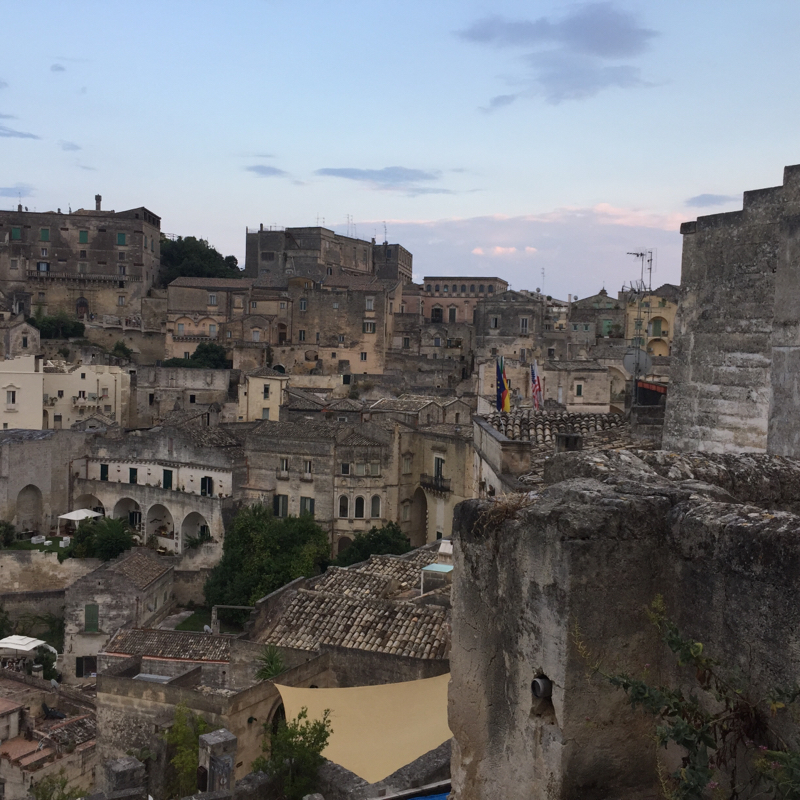 Dad and Stefan spent 6 months together in officer school, and would spend nearly a year together in Italy, some places I will capture in future posts. Following 6 years facing death and uncertainty, it was a most memorable and fun filled year. Together they explored Matera, the old town built into canyon walls, the Sassi. This is the oldest living city in the world, people still inhabit cave homes. The entire region is fascinating. 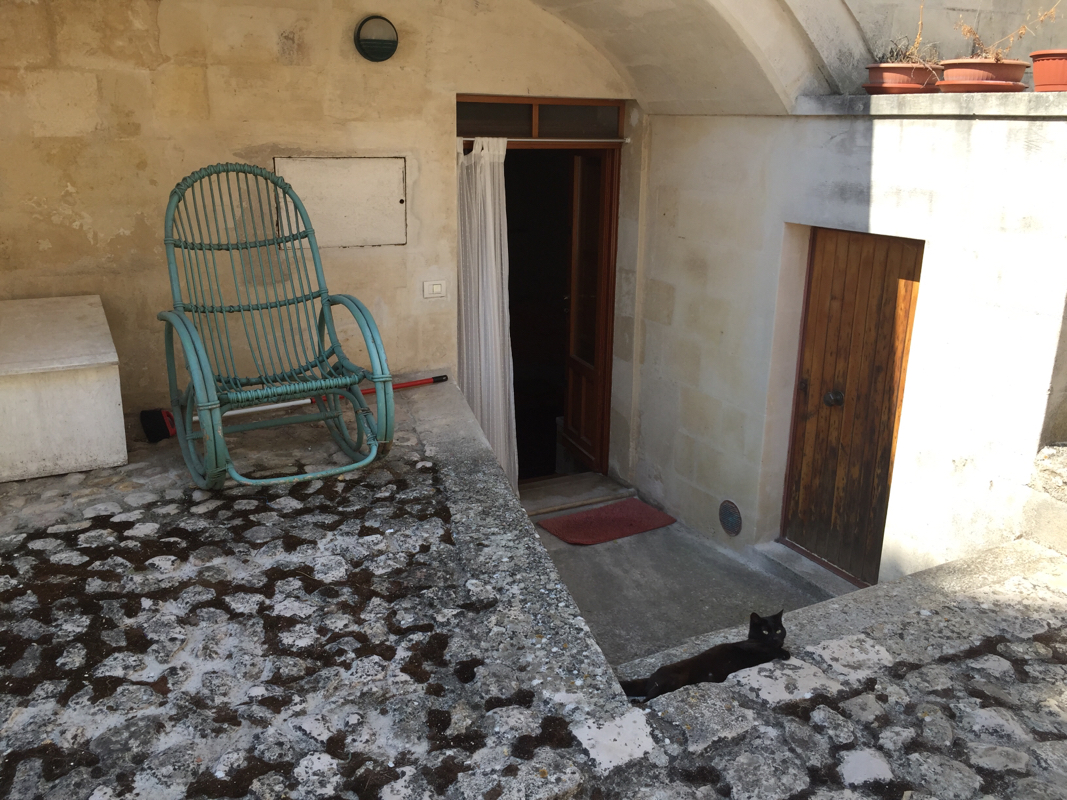 My B&B is at the top of the Sassi, my private entrance guarded by a most unexpected roommate. She will not leave me alone, making blog updates somewhat difficult. I left my tablet in Venice (will get it back) making updates even more challenging with only my smartphone, so I'll simply update pics here before creating a new post when I leave for Rome on Wednesday. 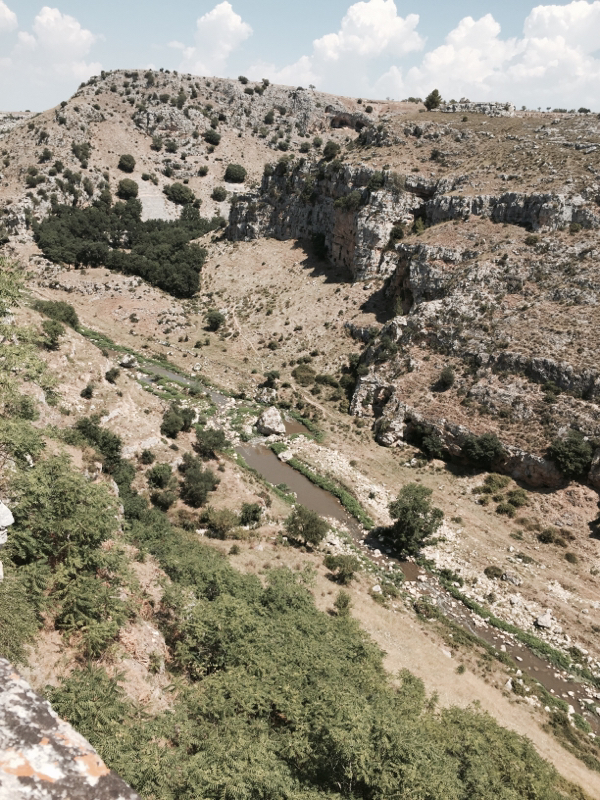 The region outside of Matera remains largely barren, olive trees and rock formations dotting the countryside. Perfect for artillery training... Dads team of four typically hit their target, up to 10 kilometers away, by the third attempt. They were preparing to liberate Poland while teaching Stalin's Red Army a serious lesson. 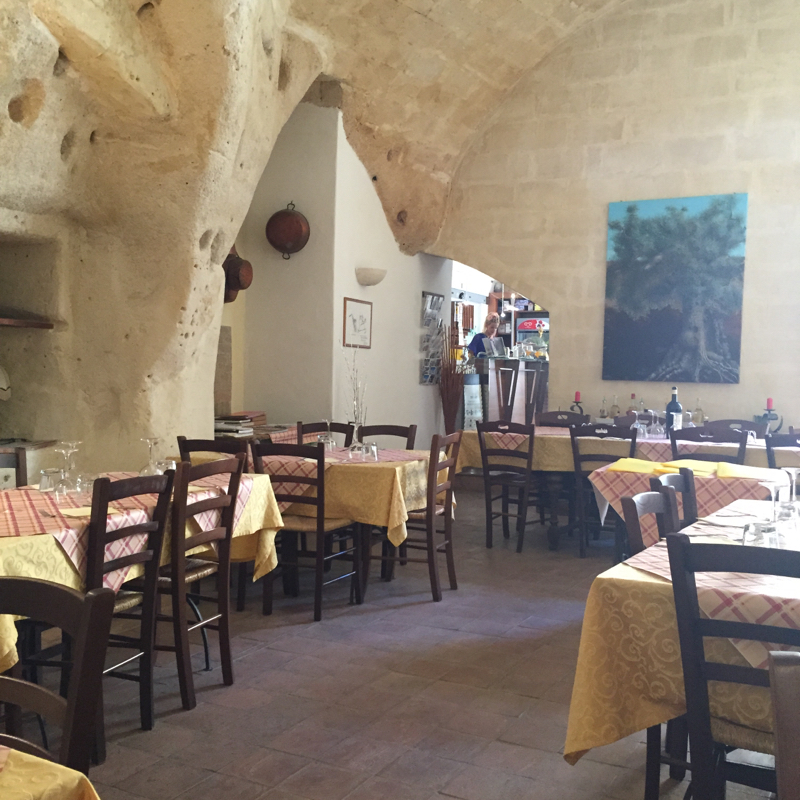 While in Matera, dad and his brother Stefan found a favorite cafe at the bottom of the Sassi. The cave entrance offered comfortable temperatures year round, and the setting was the perfect place to catch up and discuss family matters after six years of separation. I stopped for a meal and glass of wine at this cafe, located at the bottom of the Sassi. Straight ahead through the opening is the bar area. 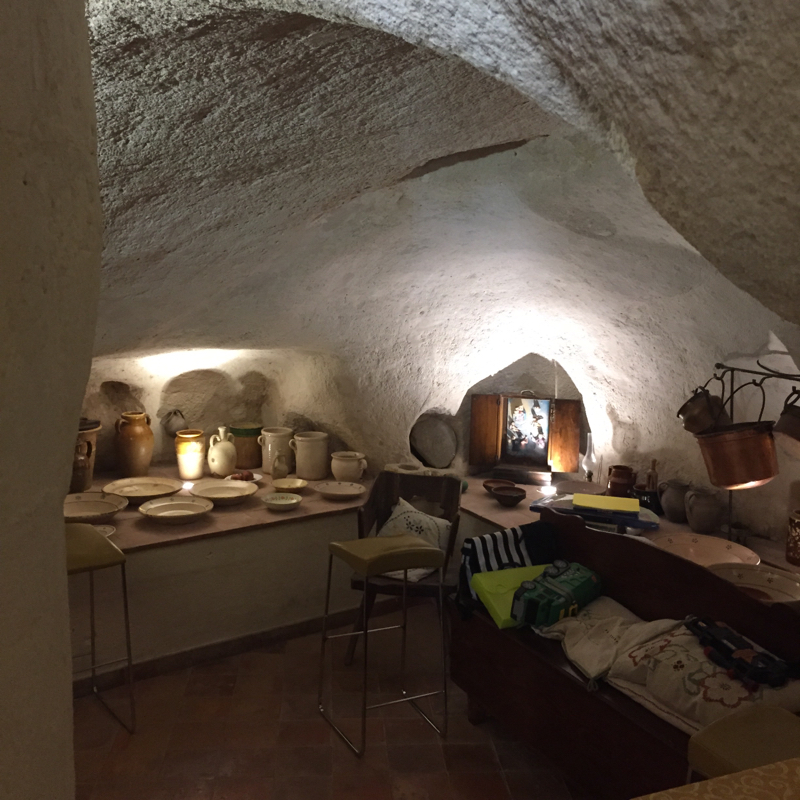 Directly behind the dining area is another smaller room. Dad and Stefan met in the cafe often, purchasing wine and often pickled herring. They did not write home to communicate their status and news, in fear that Russian authorities would intercept the letters and impose punishment on family members. 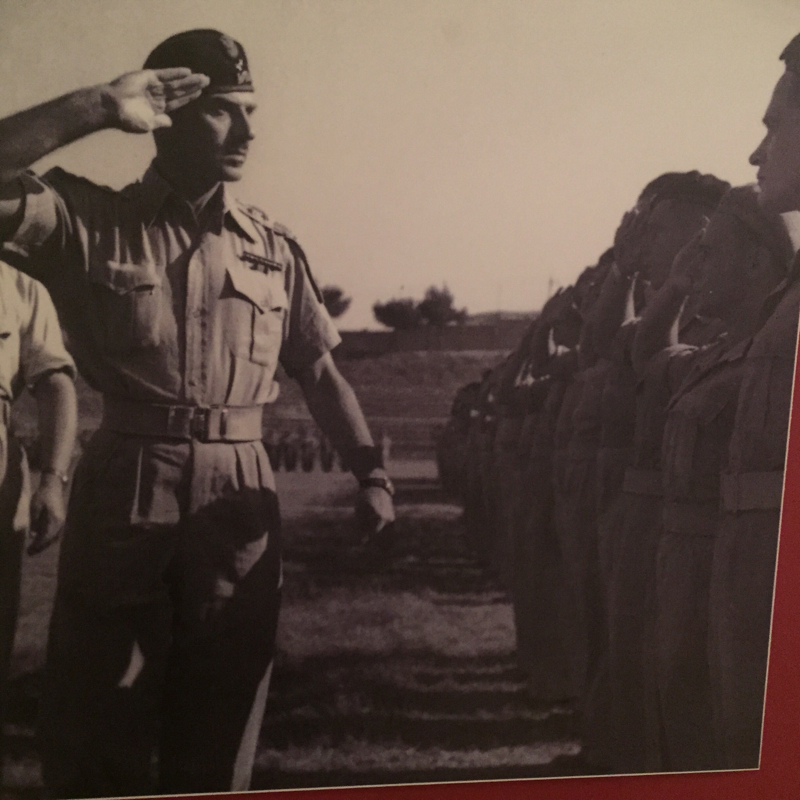 There was good reason that dad and other Polish recruits were sent to Ancona, Italy. A charismatic leader survived brutal imprisonment at the hands of Russia early in the war, and surfaced to lead large numbers of Polish troops in the liberation of Northern Africa and Italy. His victories are commemorated all across Italy today, and his band of Polish fighters were known then, and still today, as 'Anders Army'. 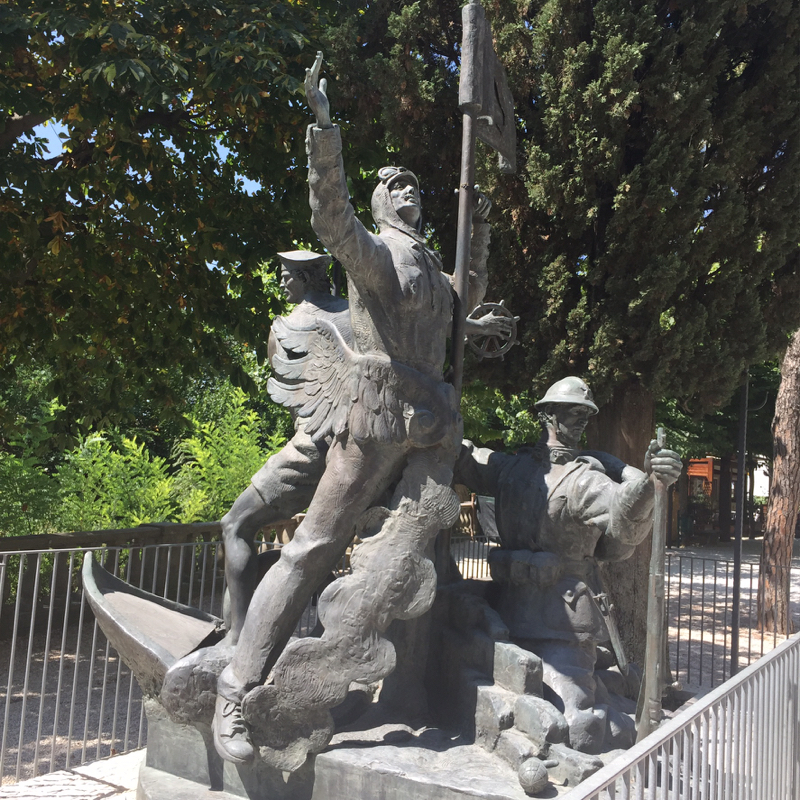 The region of Ancona is particularly proud of the contribution of Anders Army. He liberated the city and region from German occupation in fierce battles, and the history is preserved today through museums, immaculate cemeteries honoring fallen soldiers, statues, and beautifully written historical books. 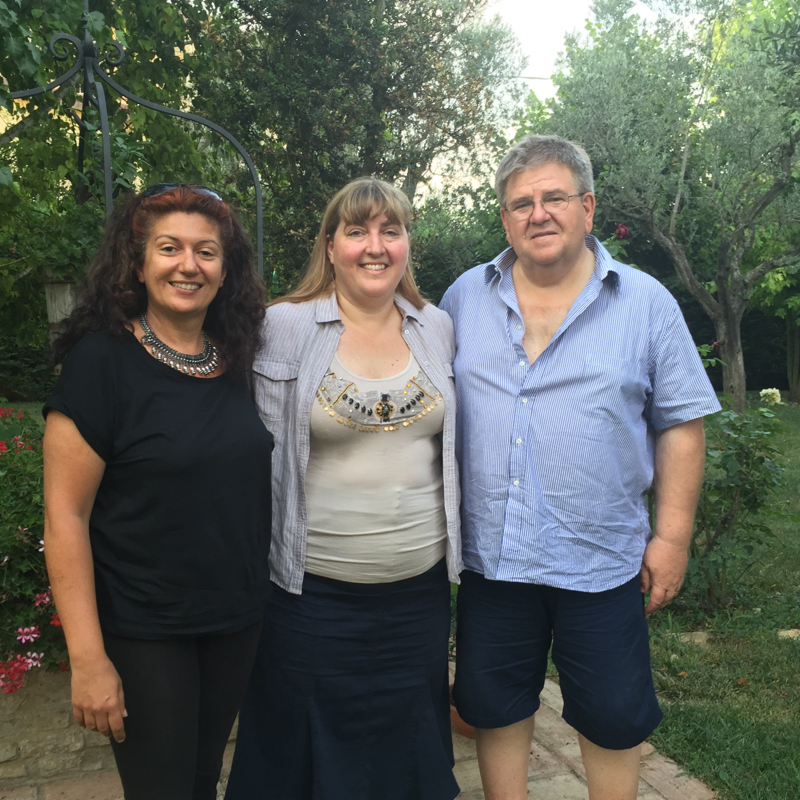 My airbnb hostess Angie (left) has been amazing, making countless calls to learn of people who were part of the Polish liberation of Ancona. Her research has gotten me in contact with people from Rome to London. She arranged a visit with this amazing couple. Beata and Raimondo, who have authored two absolutely beautiful books on the subject; hundreds of pages of stunning photos and colorful stories. At the end of the evening they offered their books (which are in extreme limited supply) as gifts. These books are priceless. Dad, you are going to enjoy these! 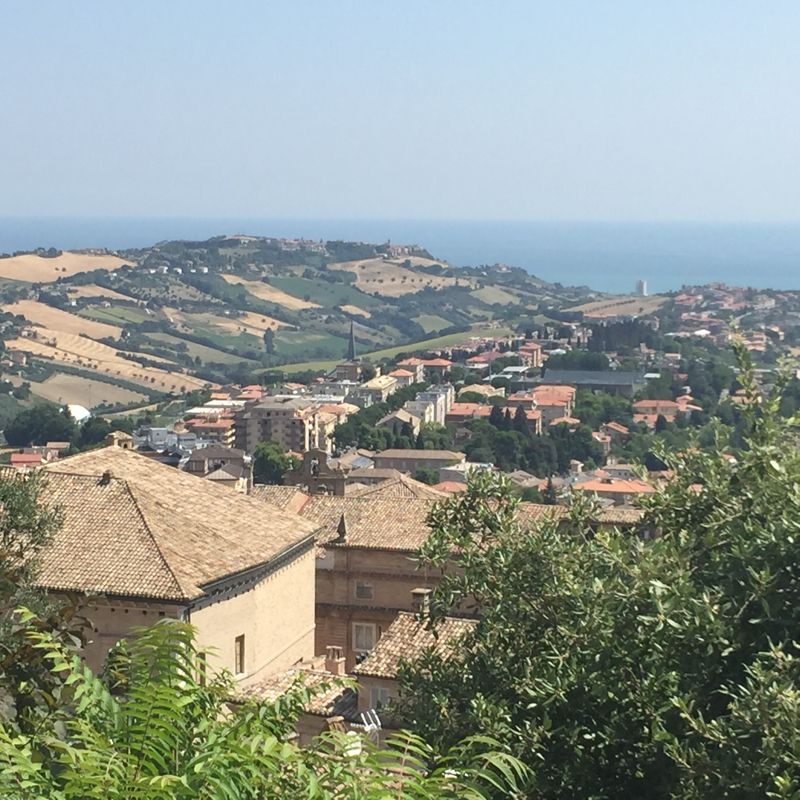 Following German defeat and surrender, General Wladyslaw Anders plan was to grow and prepare a powerful Army to liberate Poland from Russian control, using the Ancona region as the base of his operations. This view from the top of Fermo has a birds eye view of many the Polish bases, and is typical of fertile rolling hills all along the Ancona region. 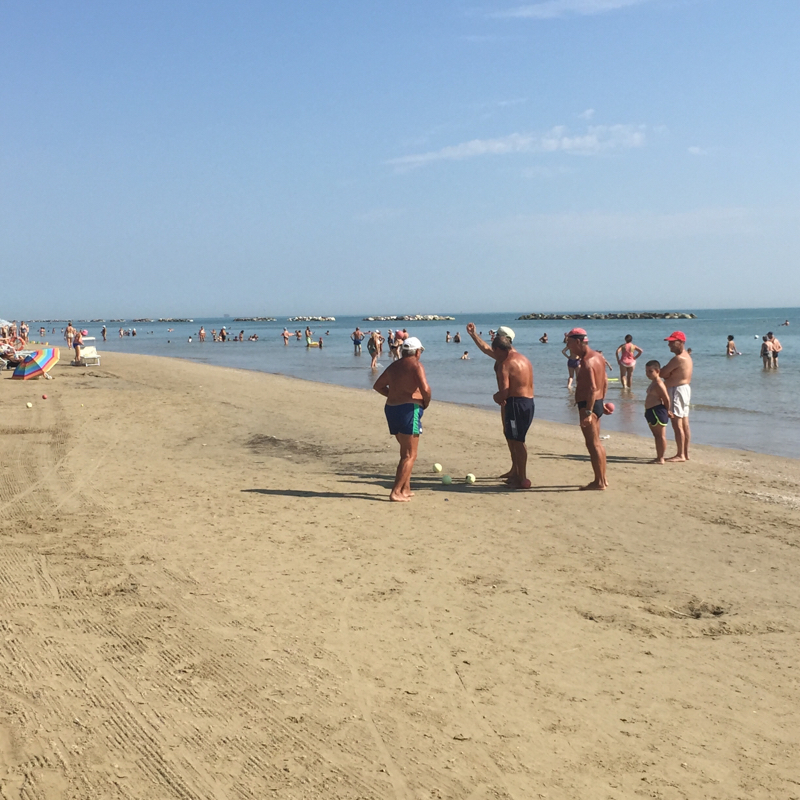 Dad and Artur were now separated. Dad was assigned to heavy artillery, where basic training took place in the coastal village of Porto San Elpidio, which was than a quiet fishing village. Artur trained in infantry. Today, this region along the Adriatic Sea is endless miles of beaches where lounge chairs with wide umbrellas dot the coastline. 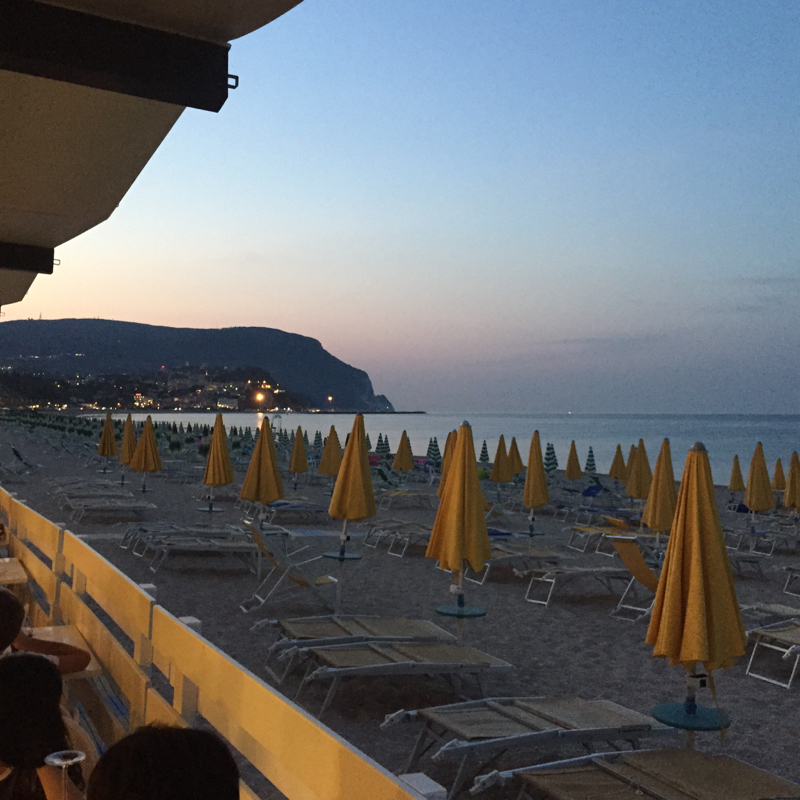 Without question the most spectacular beach in the region is Portonova, where chalk white pebbles replace sand at the base of a rocky cliff which cuts into the Adriatic. I made it to this fabulous beach (seen in the distance from where this photo was taken) the day before leaving Ancona; was not easy to reach but well worth the effort. 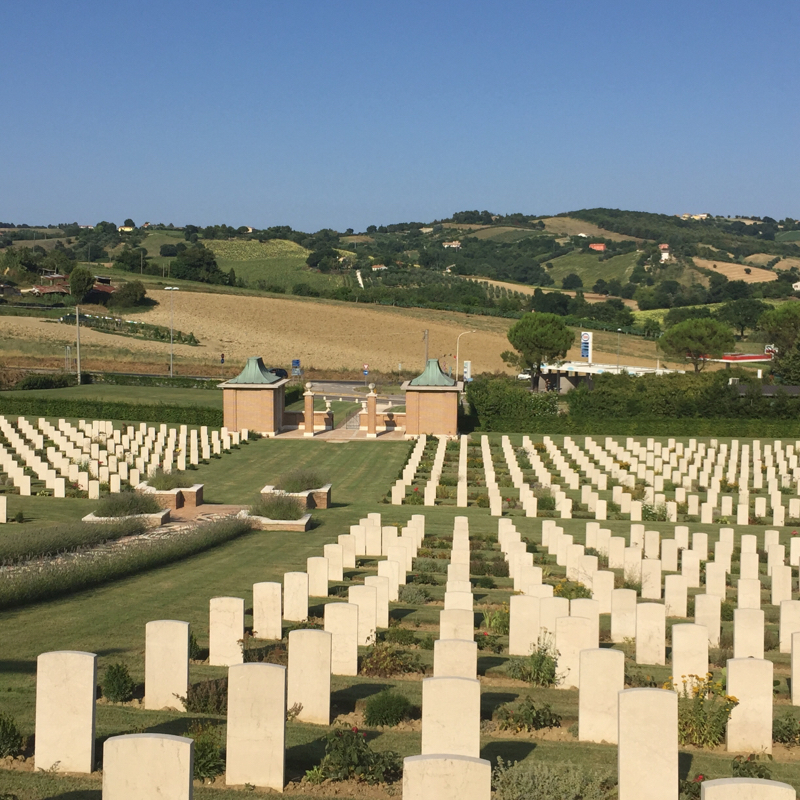 From the day he arrived in Italy, dad would stop to visit the many military cemeteries that populate the country. Fallen soldiers were buried in sections by their nationality, so he always felt a sense of angst upon approaching the large section of Polish grave sites. Every visit ended the same, relief that his brother Stefan did not die on this battlefield, followed by continued uncertainty in the unknown of his whereabouts. 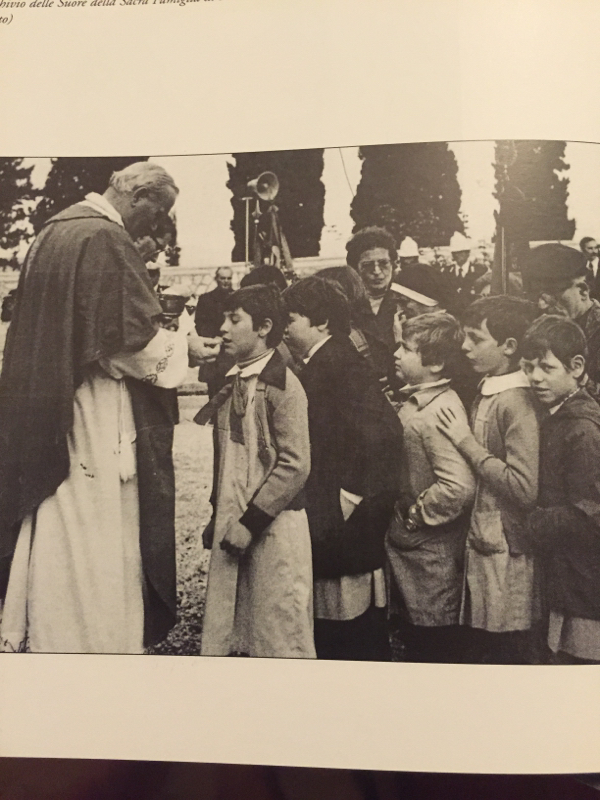 p.s. To dad: every November, surviving veterans meet with dignitaries to honor and celebrate fallen soldiers from Anders Army at one of the Polish military cemeteries. This year is in Matera, and Mr. Wojtech Narenski, who is 95 and still the organizer, personally asked me to extend to you an invitation. I have his contact info. Ok... Back to dad and Artur in Romania ... After passing all exams and receiving high school diplomas in Craiova, dad and Artur now had an opportunity to become officers in the Polish Army. The trick was to get to Italy where they could join Anders victorious troops. In August 1945 they stopped back in Bochnia to briefly reunite with families and again bid their farewells. The mood back home was somber with little hope despite the German surrender. So family and friends felt pride upon learning the mission that dad and Artur were undertaking, and eagerly awaiting their return as liberators. The two departed by train this time going west, making sure to avoid Russian zones before arriving in Pilsen, an American zone. There they signed papers to enlist in the Polish Army, the next morning sent to Munich by an American military truck, where yet more Polish recruits were arriving. From Munich, where dad was briefly reunited with a Jewish childhood friend who survived the concentration camp of Auschwitz, a large volume of Polish troops were transported by open bed trucks through the Swiss Alps and into a Polish camp near Ancona italy. I took a differen route to reach Ancona due to time constraints and travel logistics. Although Budapest and Venice are not part of my fathers story, their history and beauty are simply to powerful to ignore in this blog: While traveling with Artur and other Polish troops through the Alps, my father held a premonition that his brother Stefan was alive and somewhere near.. The family had not seen or heard from him since December 1939. He was 17 and frustrated, tired of living as a refugee. He fled Russian occupied Poland without legal papers, committed to trek across Europe and find a way to join the Polish Army, which was at that time fighting in France. 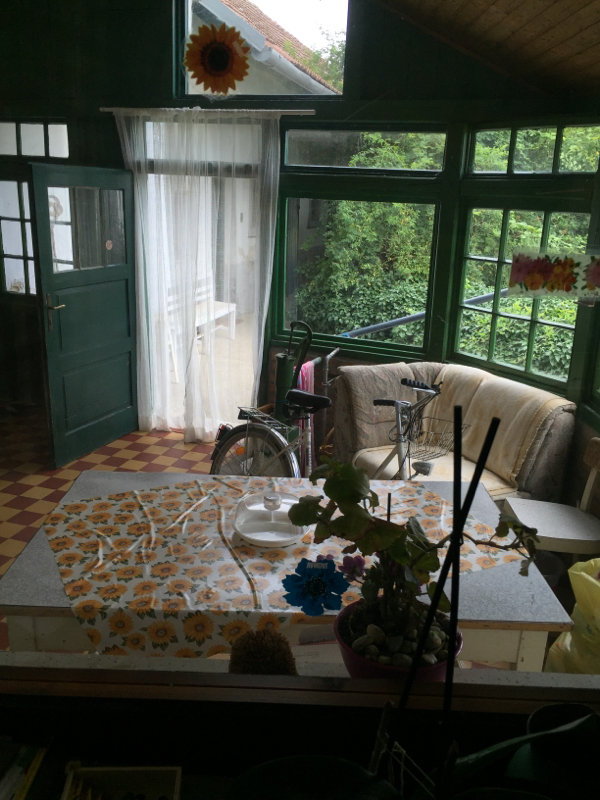 My father initially shared a small room with three other Polish workers on the farm, but after an apprentice was drafted into the German Army, he was granted a private room, this addition behind the kitchen. One day the farm supervisor asked him to visit Vienna to purchase supplies. The supervisor signed his name on the business stationary and told my father to enjoy his day in Vienna. 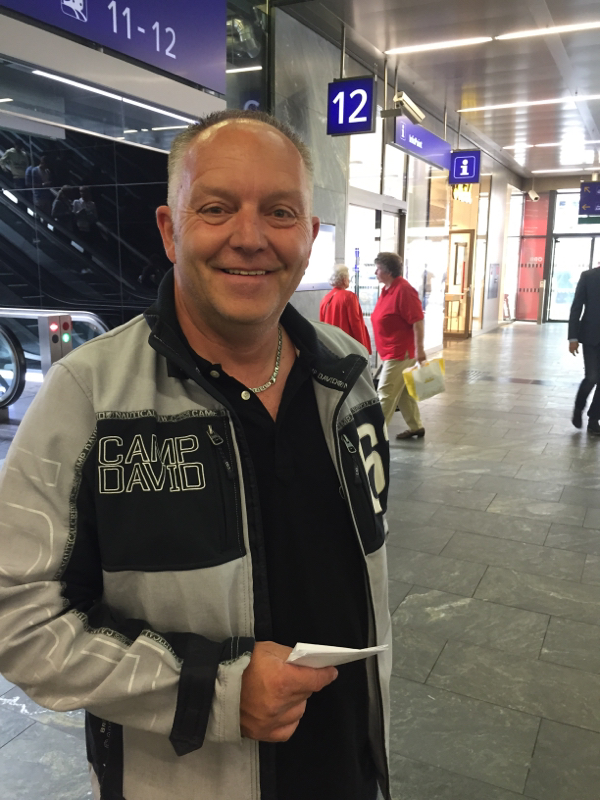 Entering the Vienna train station, black uniformed Gestapo personnel were visible, but dad felt safe with the signed documents. I was shocked to be greeted in Vienna by my cousin Marc, who lives hours away but took a chance on spotting me in the busy station. It's been over 30 years, he was a young boy in Wales, but he somehow recognized me. We spent the next 8 hours talking, eating, and laughing. 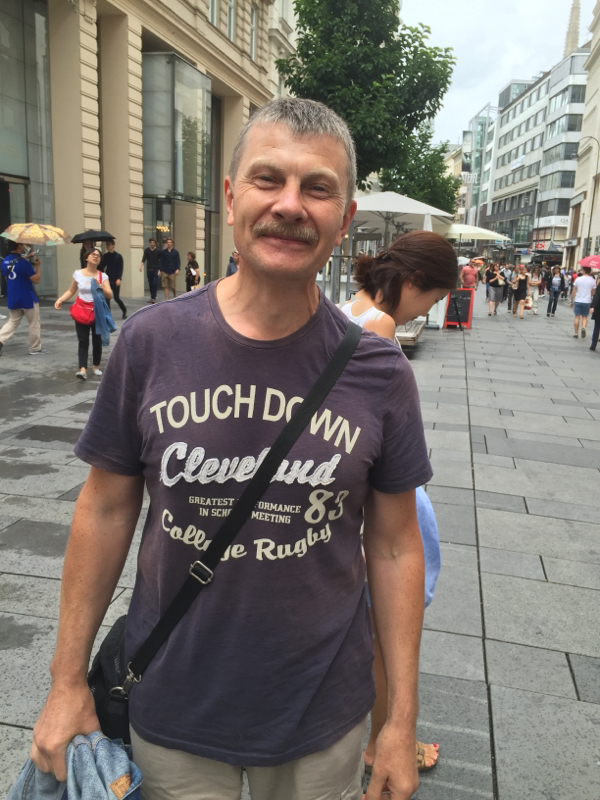 My father kept the signed document and would sometimes forge the supervisors signature on official stationary; thereby visiting Vienna on his free day (Sunday). One day he took his surprised Ukrainian friend Michal with him. My fathers German was by this time fluent so they agreed to let my father talk if stopped. This man was wandering in Vienna and his shirt caught my attention. He is Ukraine, a friendly quiet sort, somehow I feel he has a connection with Michal. I will leave Vienna Sunday morning, July 19, and pick up from where dad and Artur were headed in 1945. After leaving Romania they stopped briefly for one night in Poland ... Their expectation was they would soon return as liberators, freeing Poland from Russian influence and control.. Little could my father imagine that it would be almost 50 years before he would return home again. I backtrack here from 1944 Romania to 1940. When the family was finally allowed to leave Premzyl, they found that much had changed in German occupied Bochnia, Poland. Among the changes was a requirement for my father to report to the authorities for work duty, since he turned 16 years of age earlier in the year. He lived in a camp to do hard labor first constructing a roadway and later a drainage ditch. Around the end of 1942, he was sent to a butcher shop and farm in the village of Weikendorf, about 24 miles east of Vienna (which is where I am now). 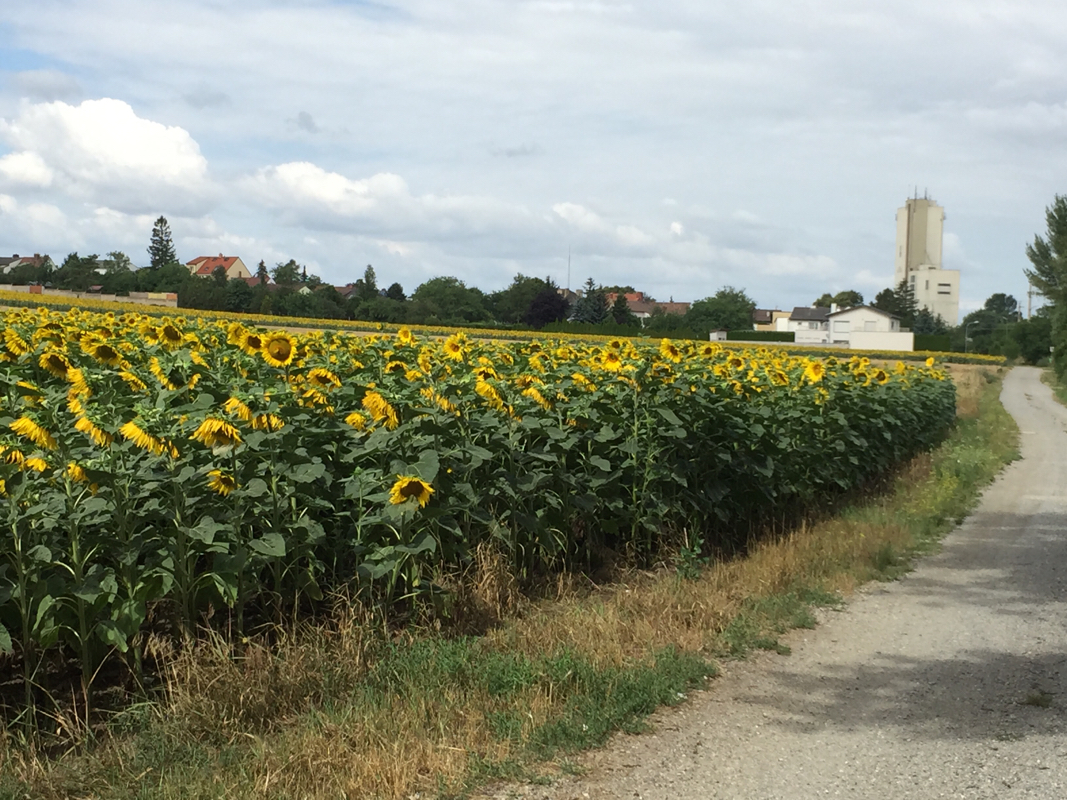 I took a train from Vienna to a small town close to Weikendorf, hoping to find the butchers shop and home where my father lived and worked. I felt a bit like Morgan Freeman in search of a rock under a tree from the movie, Shawshank Redemption. As I walked towards the village, I wondered what I would find. 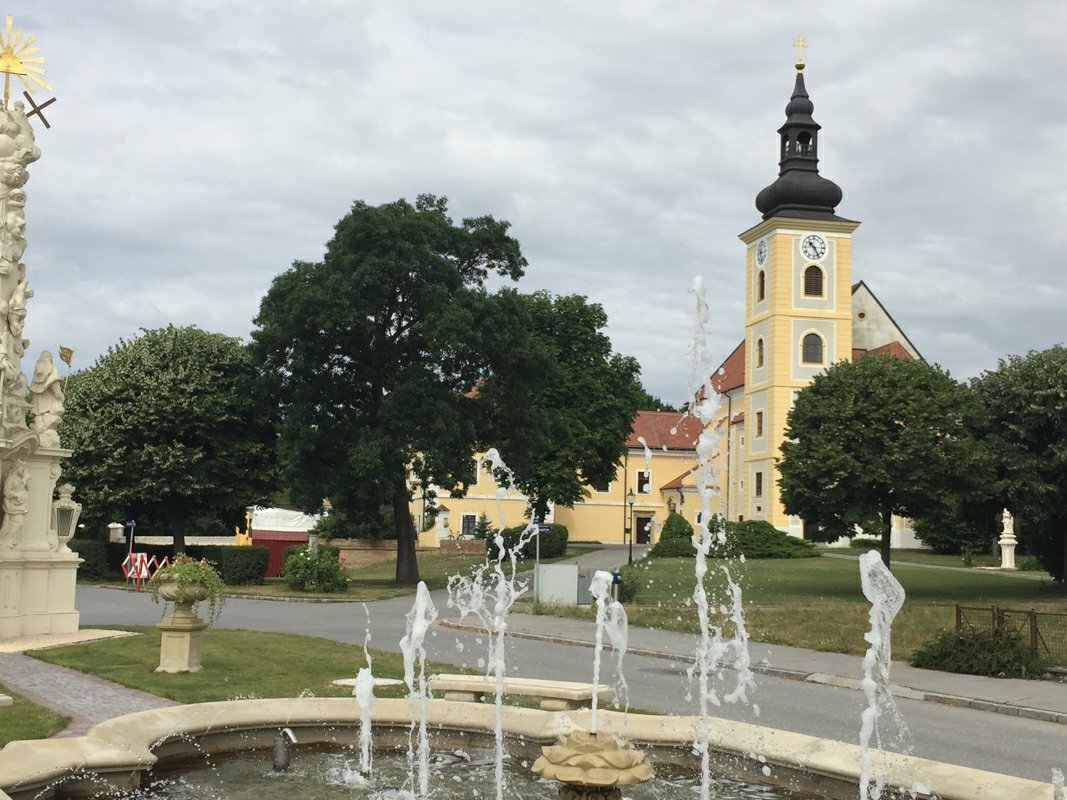 After walking several kilometers I reached Weikendorf and easily spotted the church that my father often mentioned. It is just down the street from where he stayed. A 97 year old caretaker was the only person on the church premise. He spoke no English but soon understood my quest, directing me to the 5th house down the street. He recognized the name of Otto Schuster, who had a butcher shop in the village in the 1940s. He also provided me with a tour of the church and grounds. The woman who answered did not speak English but recognized the name Schuster. She took me to the kitchen and asked me to wait as she spoke to someone in an adjoining room. Finally, with a somewhat uncertain expression, she invited me to enter. 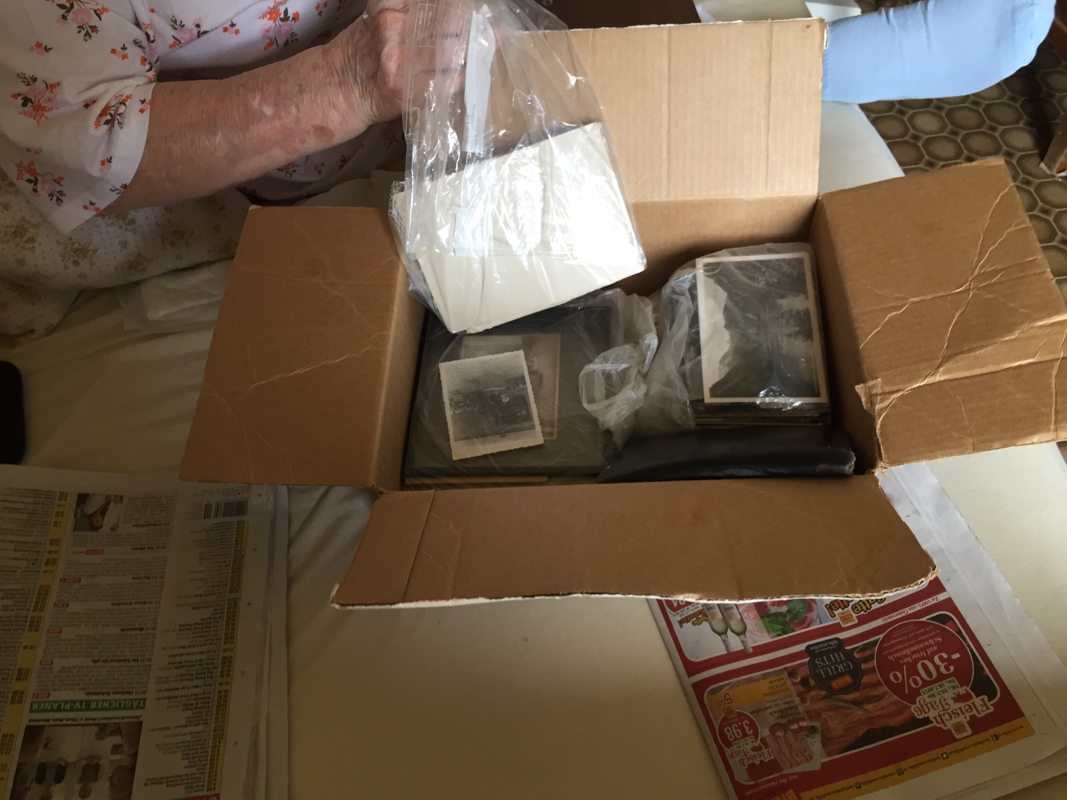 An elderly bedridden woman gazed at me looking quite puzzled. I finally spoke the words that she understood, 'my father Marian from Poland lived and worked on the farm from 1942 - 1944.' She sat upright visibly excited, repeating the name, Marian! Marian! She spoke nonstop the next hour, I didn't understand most but picked up a few things. She asked her caretaker to brink a box full of old photos. Anna Schuster Freudensprung did not want her photo taken, and understandably so. Who knows how long she has been bedridden, and she certainly did not expect a visitor from America on this day. She excitedly shared photos from her childhood. Shown here with her father Otto, Anna is 8 years younger than my father, who was 18 when he first arrived at the farm. She motioned a question: what happened to my father after he left the house? When she understood my answer through pantomime and drawings (I will soon explain) she sat back, first chuckled and then smiled a peaceful happy expression. It was the only time, excluding my arrival, when she was speechless. 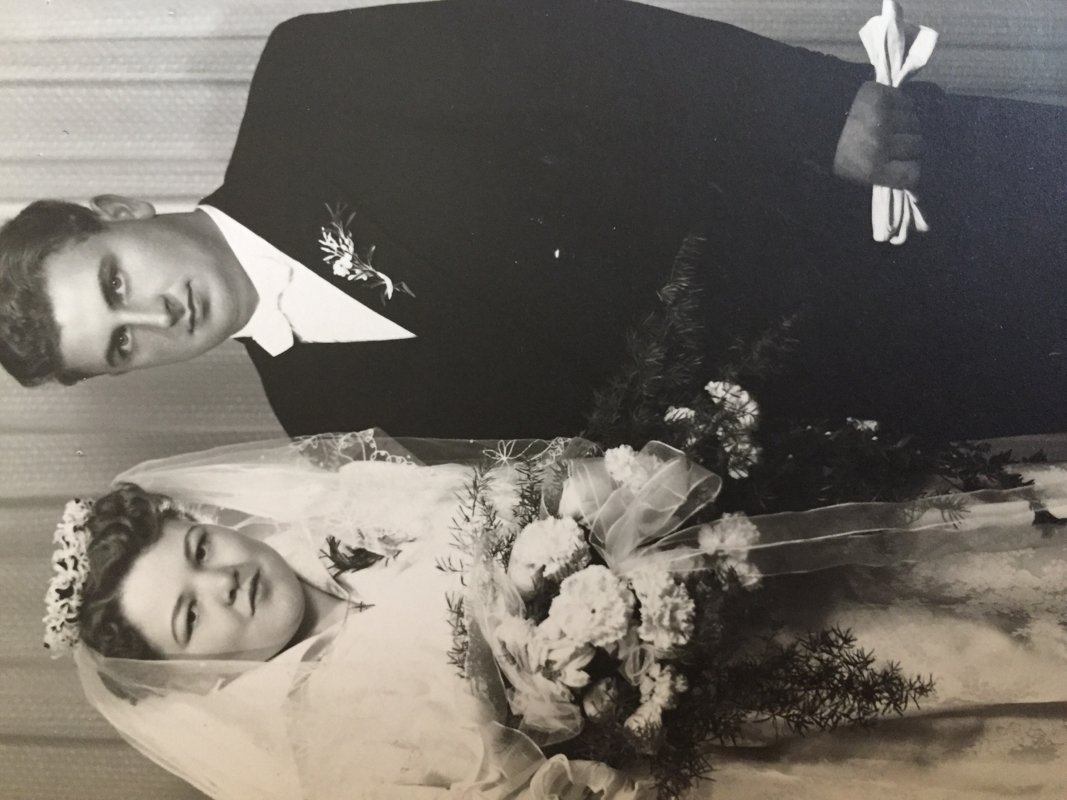 Anna seemed to want this photo shared from her adulthood. After I left to say goodbye, I could hear her speak to the caretaker who replaced me in the room, "ah Marian! Marian!" My father had plans to escape the farm. He and a fellow worker, a Ukrainian named Michal, shared a desire to leave. They did not like the idea of working for the Germans, allowing young Austrian men to leave the farm and fight for the German Army.. 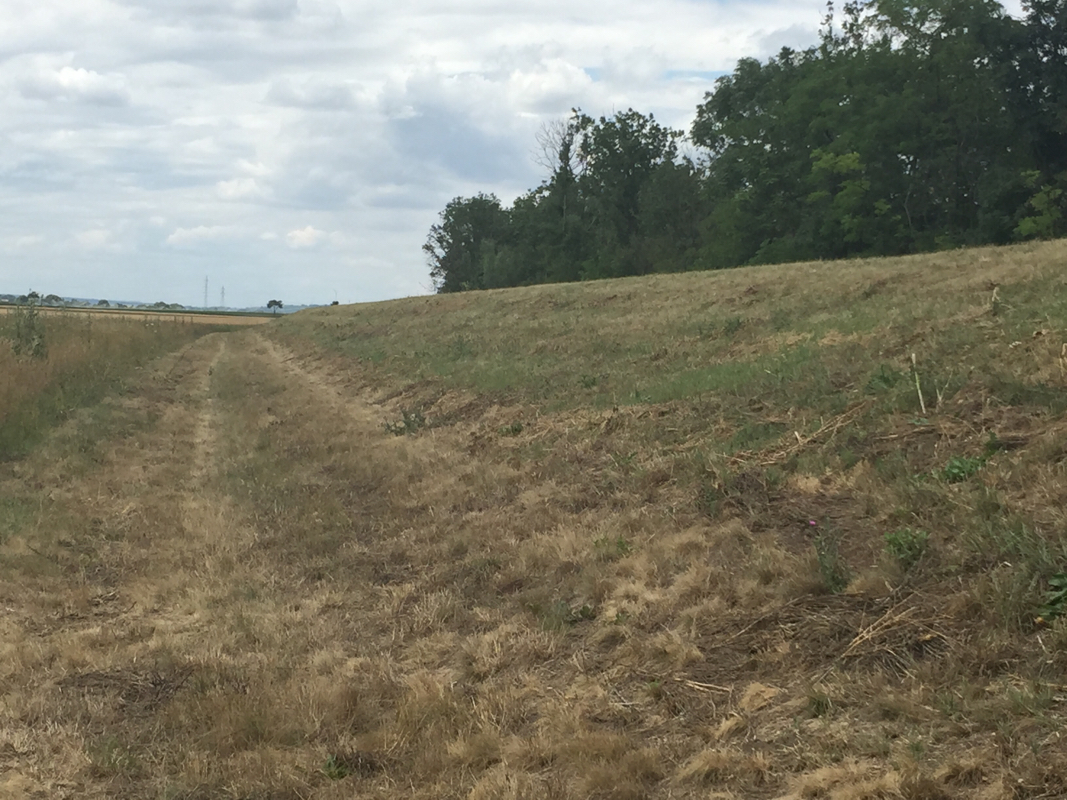 Dad and Michal left early one night with a 3rd companion to escape, the timing well before Michal's lock up at the Russian camp. They walked east to reach the Morava River, which separates Austria from Slovakia. On a moon lit night, they walked several hours before spotting an armed border guard patrolling the area from an elevated flood wall. They timed his pace and direction, waiting for him to turn before sprinting beyond the flood wall and to the river. 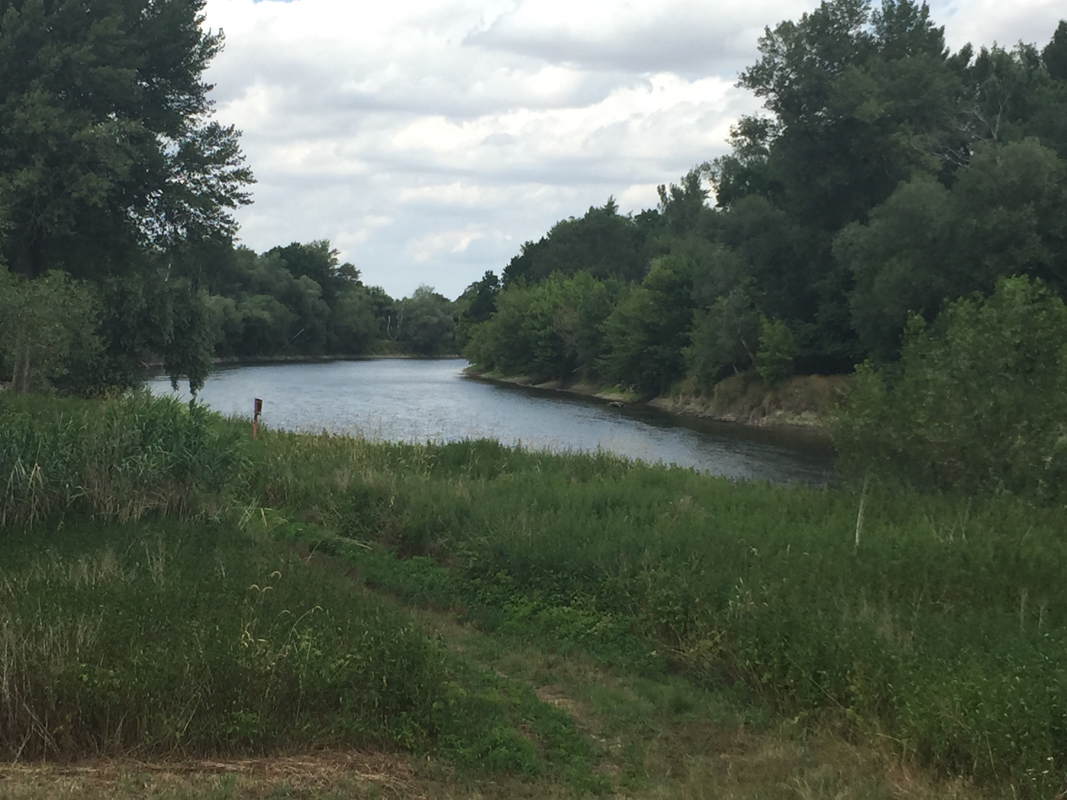 They reached the river and prepared to cross, but the 3rd party, who was not part of their original planning but wished to reunite with a girl from Slovakia, told them he was unable to swim and afraid to cross. They slept the night and constructed a makeshift raft the next day from tall thick reeds. On the 2nd night they crossed. However a current swept them downriver and the raft capsized. After an hour in water, they finally made it across the border into Slovakia. Their companion did reunite with the girl, while dad and Michal experienced an eventful 300 mile journey back to Poland. He remained there in hiding before beginning his quest with Artur, which I will soon get back to. I did not feel so much like Morgan Freeman on the long hot walk back to the train station. The few villages on the way had no shops, no place for food or drink, and my feet were getting blisters. 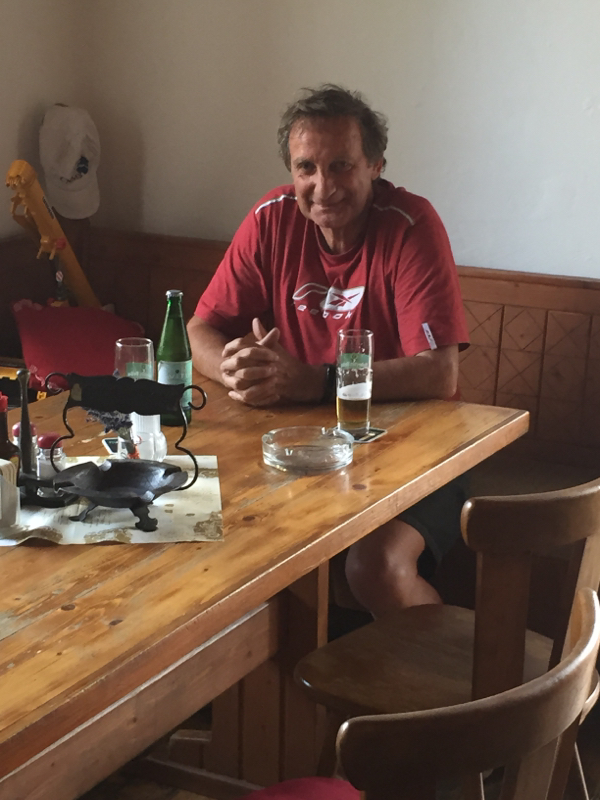 This gentleman saw me in a small village also looking for a place to purchase a beverage. He later spotted me on the roadway and asked if I'd like a lift to Weikendorf; he knew of a place we could purchase a beverage. A friendly attractive middle aged woman working in the cafe learned of my quest and though dinner was not available, insisted to make burgers and a cold salad for me. Was unlike any burger I ever tasted, but the most I've ever appreciated any burger. Before driving me to the train station, my friend drove me to another tavern that I described to him. This tavern above was around when my father was in Weikendorf. The Polish workers had privelages to drink here some evenings. Upstairs, dozens of Belgium prisoners were housed. I am so grateful to this fellow traveller ..: I hope you comment here so I can remember your name and have your email address. After receiving papers, dad and Artur were sent to Cariova for about six months where several key and eventful events happened, one of which was the surrender of Germany. But to young Poles across Europe the War was far from over. Russia was exerting its influence and now occupying Polish territory. Meanwhile, General Patton's Army was in control of Western Europe, that is where dad and Artur were now headed, As for my farewell from Romania, it was actually somewhat emotional and heartfelt, Next stop is Budapest. Then Vienna, where i will backtrack and share dad's adventures before Romania. After that, I'll pick up from where he left Romania. Italy beckons. 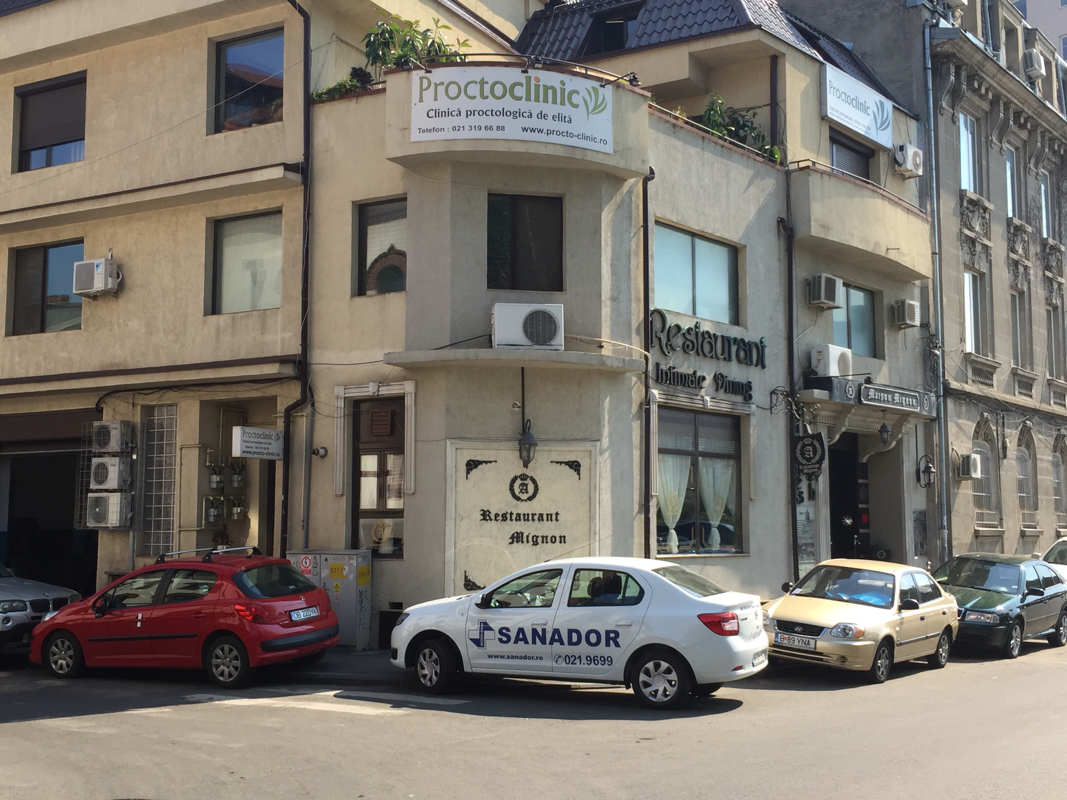 After arriving in Bucharest, Polish relief workers took dad and Artur to a building where about a dozen other Poles were temporarily housed. Also in the neighborhood was a Polish mafia organization who enjoyed rather luxurious accommodations. Today, the building my father stayed in has been converted to a high end restaurant, Maison Mignon. 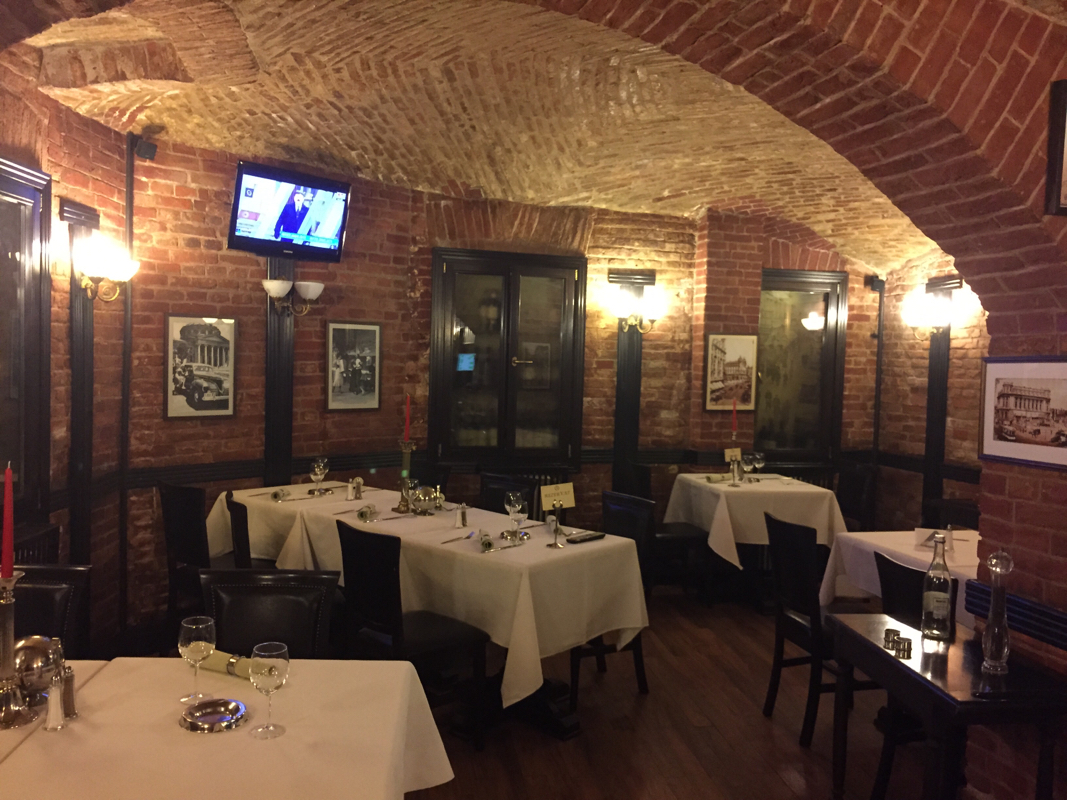 Dad and Artur stayed in the lower level with a handful of other men. The others were a bit older, in their late 20s, not particularly friendly, and would stay up all night playing cards, making sleep almost impossible. Dad would find them at their same spot in the morning, only the money shifted around. 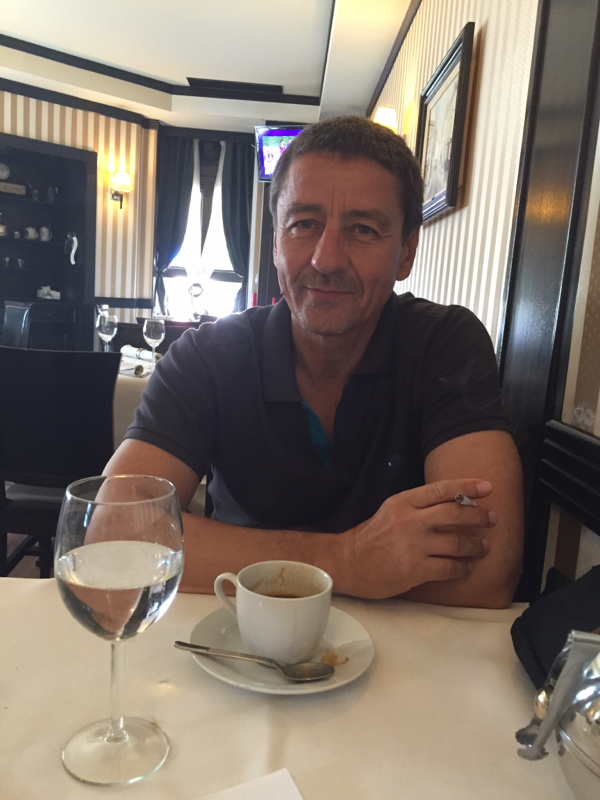 From the moment my airbnb hostess learned of my reason to visit, her husband Ionel became engaged with my project. He picked me up at the train station, arranged for the visit to Mignon, and we've spent countless hours talking over espressos, good food, and fine wine. He is a retired officer from the Romanian Army, and has amazing experience and insight into the country of Romania. I have so enjoyed his stories, jokes, and passion for Romanian culture and history that I will use his name and personality to portray an unnamed Romanian roommate my father had for several months after leaving Bucharest. He has helped me so much to understand the Romanian psyche, especially during WW II. 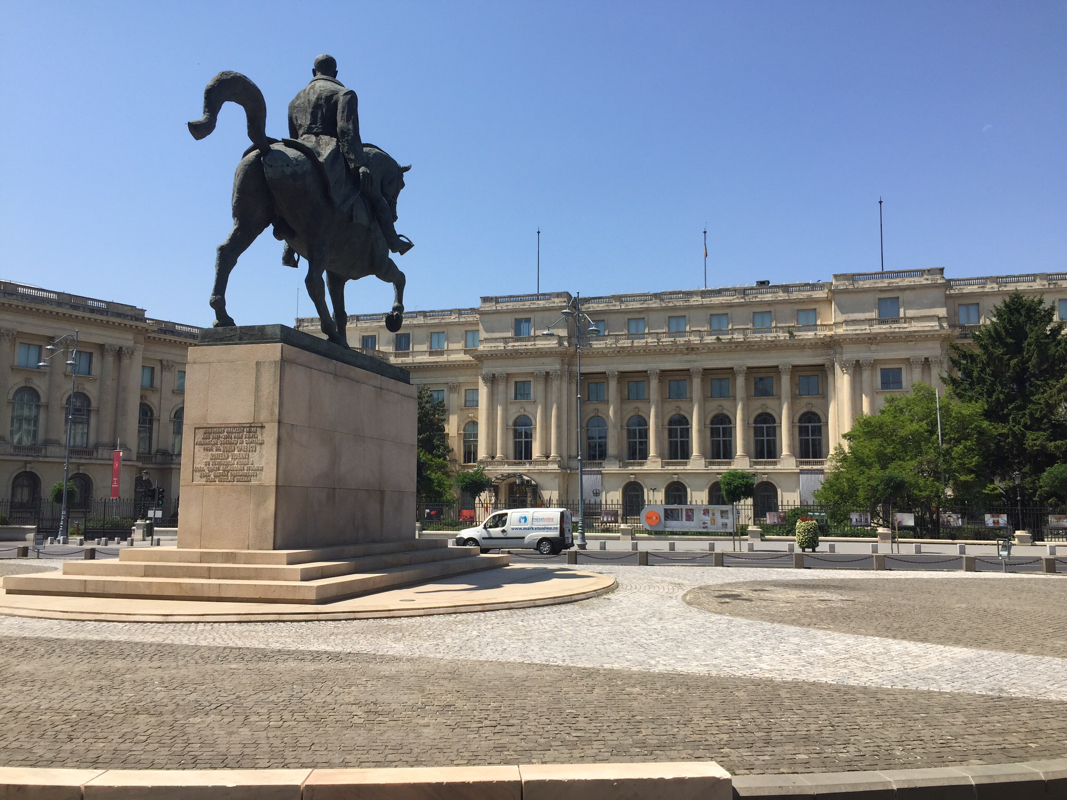 The Polish relief workers prepared dad and Artur to pass an interrogation at the main police station to receive documents for legal status in Romania. They also offered a Plan B. The interrogation was not going so well, there was confusion and frustration. Finally, the Poles pulled out Romanian currency in an amount that satisfied their questioners. Dad and Artur walked out of the police station with their documents in hand. Unfortunaty, I will not have the opportunity to visit Pitesti, which is about 90 miles northwest of Bucharest. After several days in the prison, dad and Artur did in fact receive a visit from a Polish women who heard them on the march. They were informed the Polish community would hide and aid them if they managed to escape. As planned, dad and Artur developed a scheme to break out, but their captors suspected the community was hiding them and warned of severe repercussions if the prisoners were not returned. The next day, dad and Artur walked back into the prison, They broke out a second time but were caught in the next town, and on their 3rd attempt they made it. As with other parts of the story, you'll need to read the book to receive the details and full flavor, but let's just say they were quite resourceful. They reached Bucharest by riding on top of an old truck, high enough to be unseen by other travelers. Once in Bucharest, the Polish underground was there to provide some assistance. That's where I'm at as I write this, with some interesting photos to share in the next post. This is as close as I got to see the town of Pitesti, a road sign in Bucharest. I was hoping the train that brought me here would stop in Pitesti, but instead it arrived by way of Ploiesti. |
Archives
August 2022
Author - Andrew BajdaSince publication of my book in December of 2016, so many amazing things have happened on both a personal and professional level. As the journey continues to evolve, I'll update my travel adventures on this blog, and invite you to join me along the way. Categories |
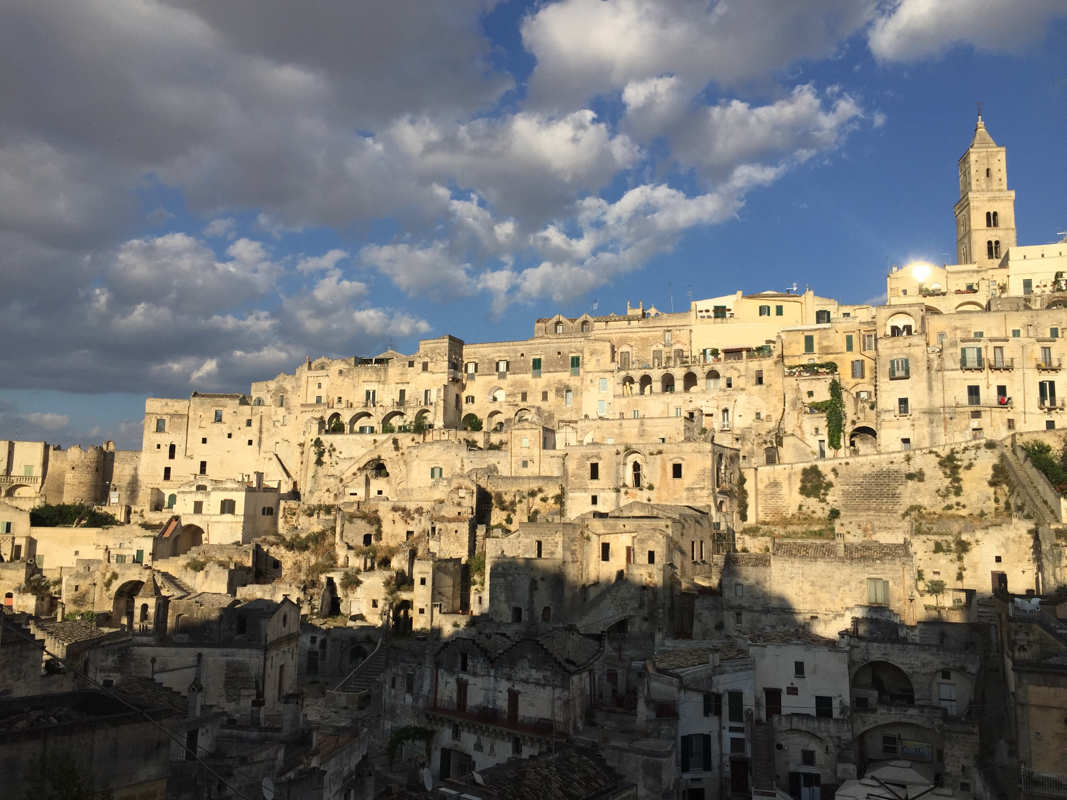
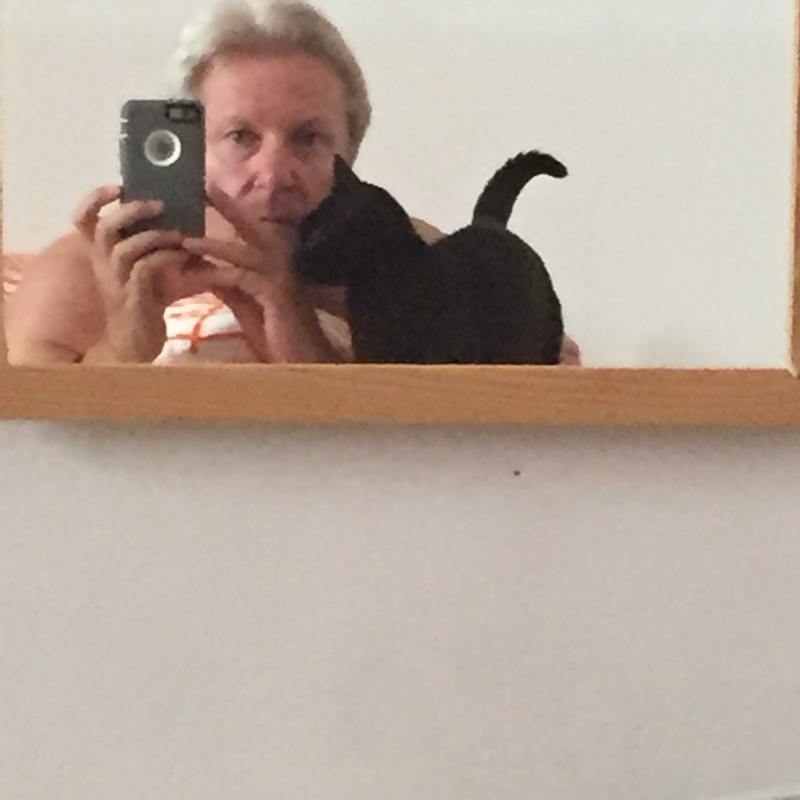
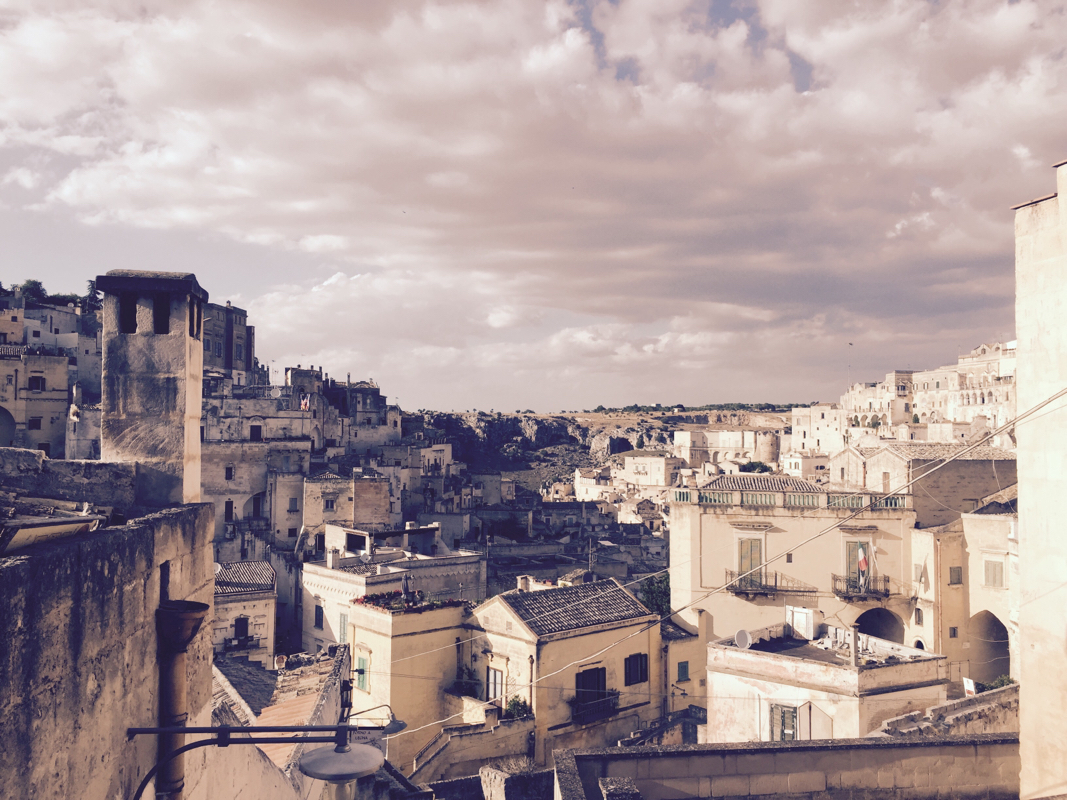
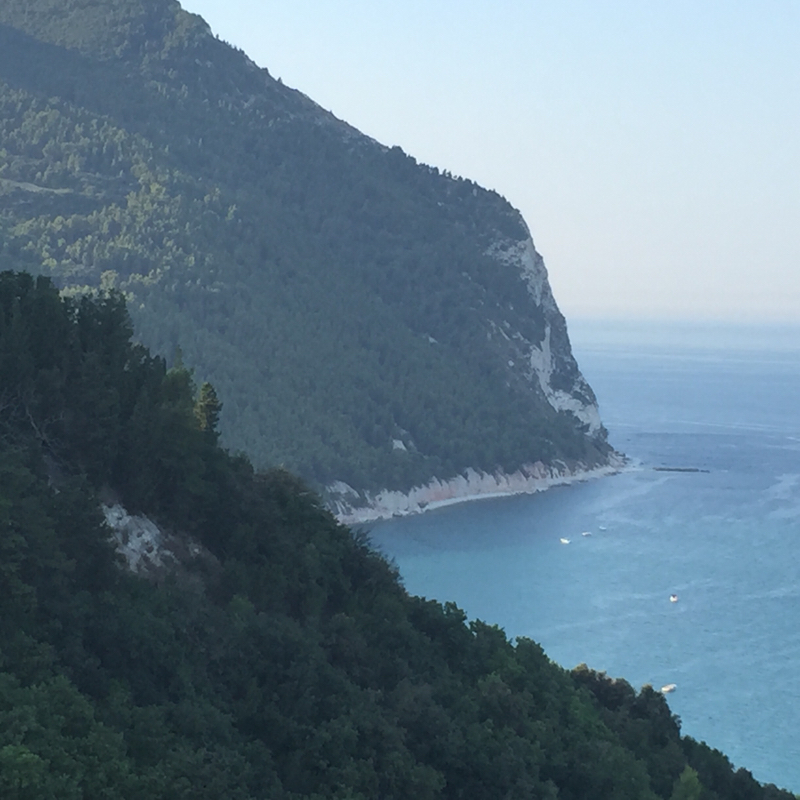
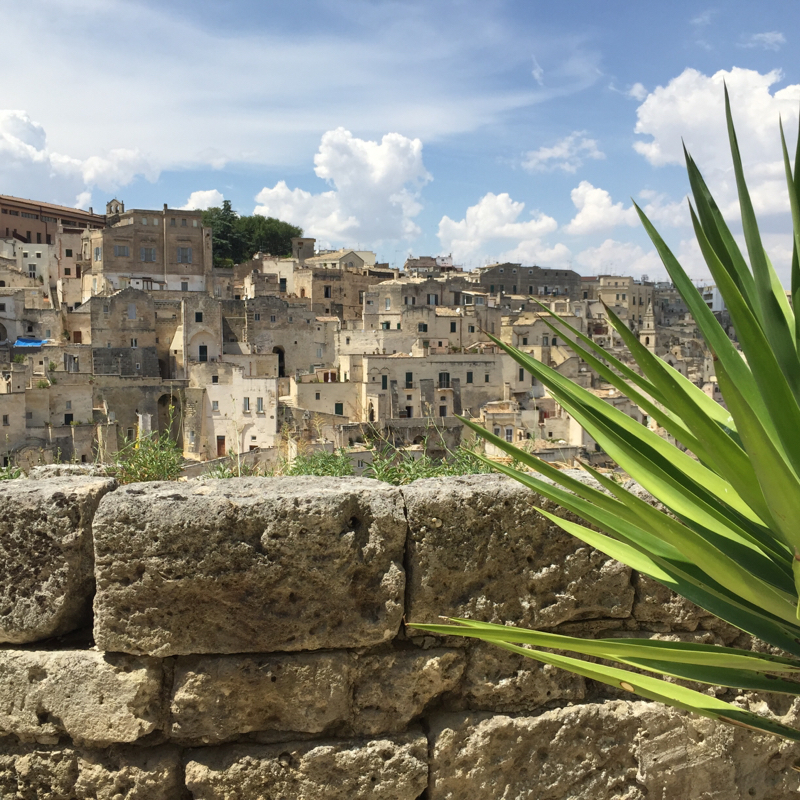
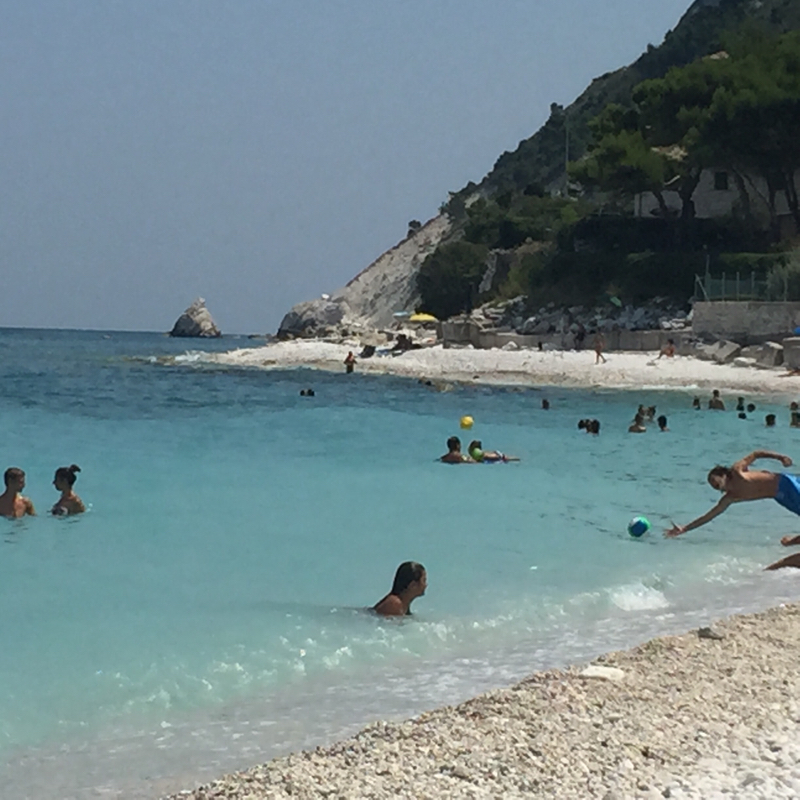
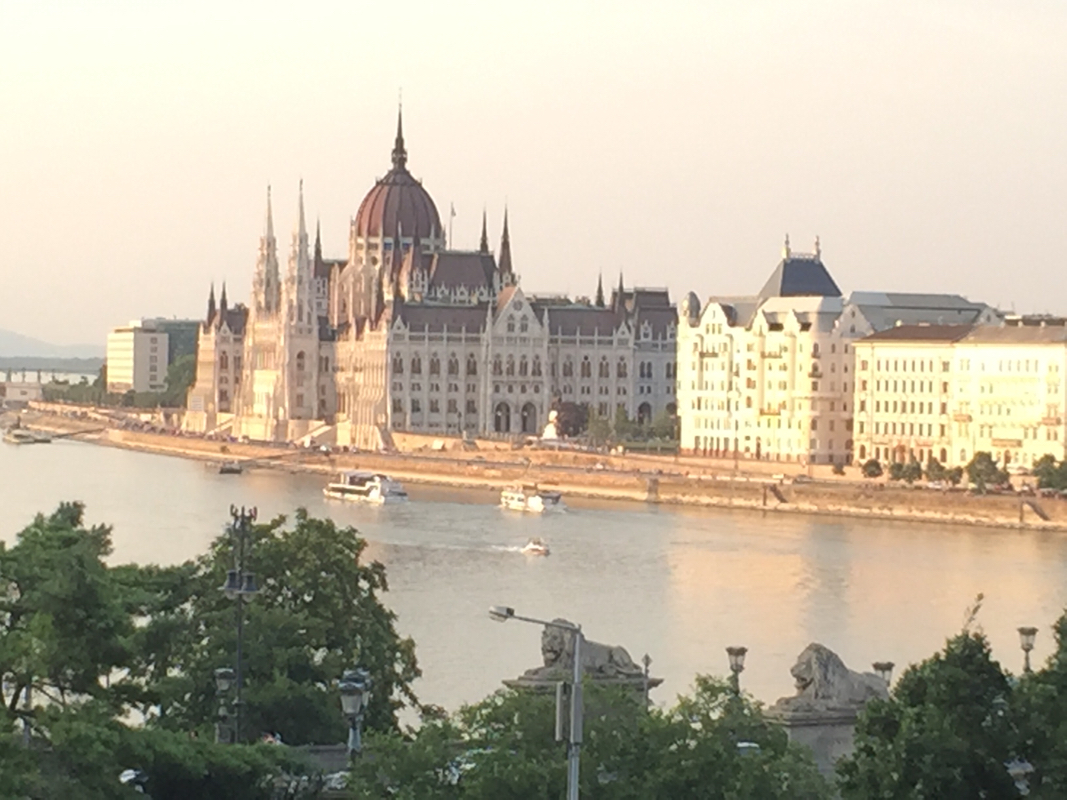
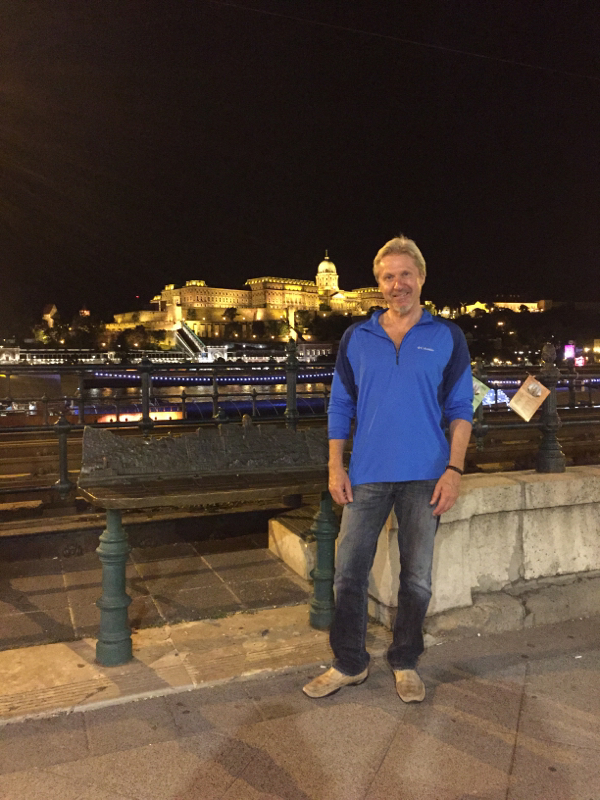
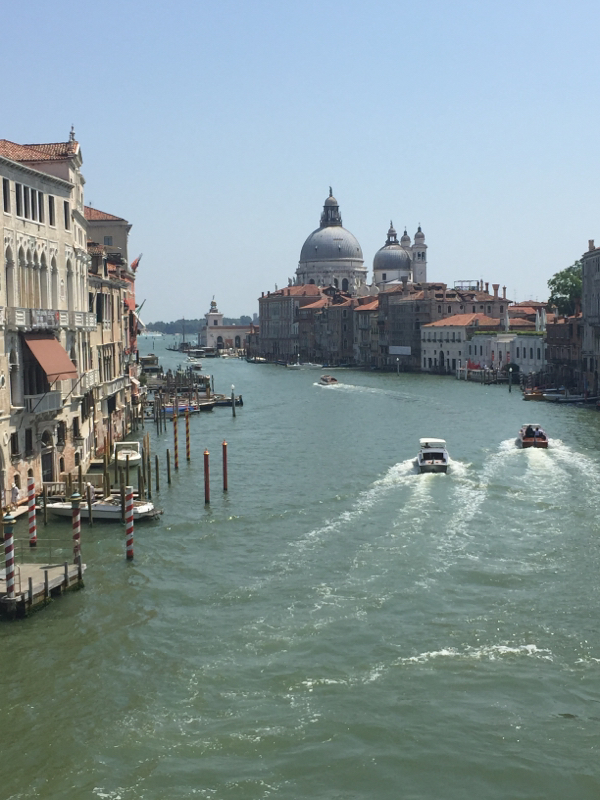
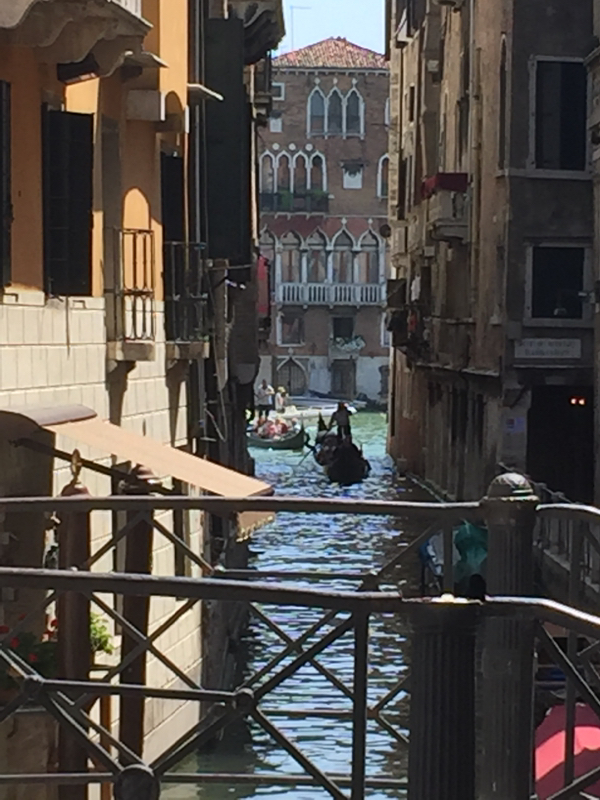
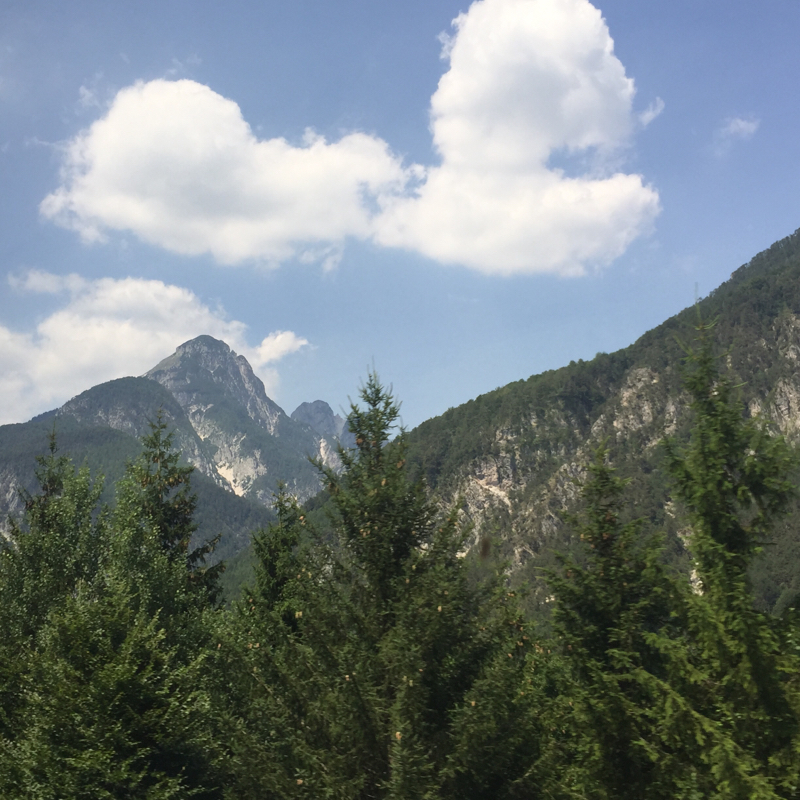
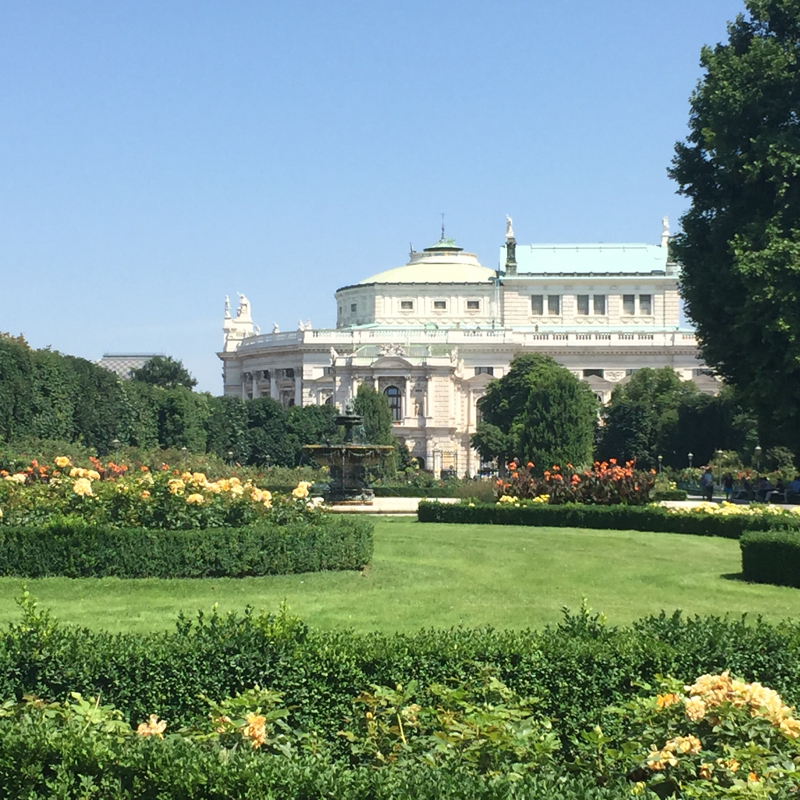
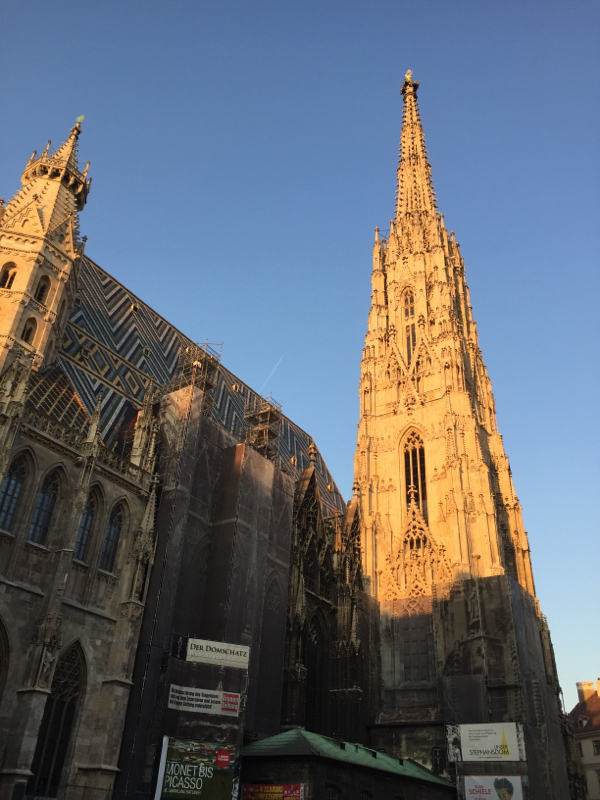
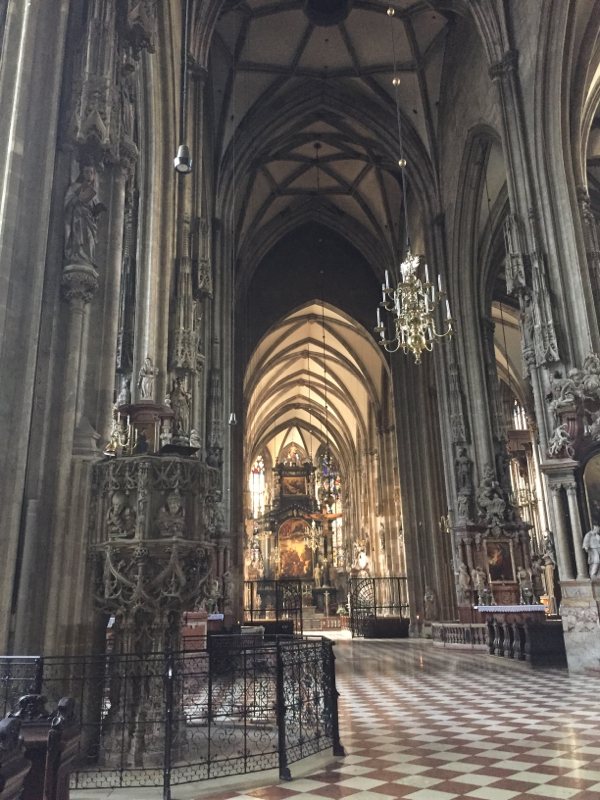
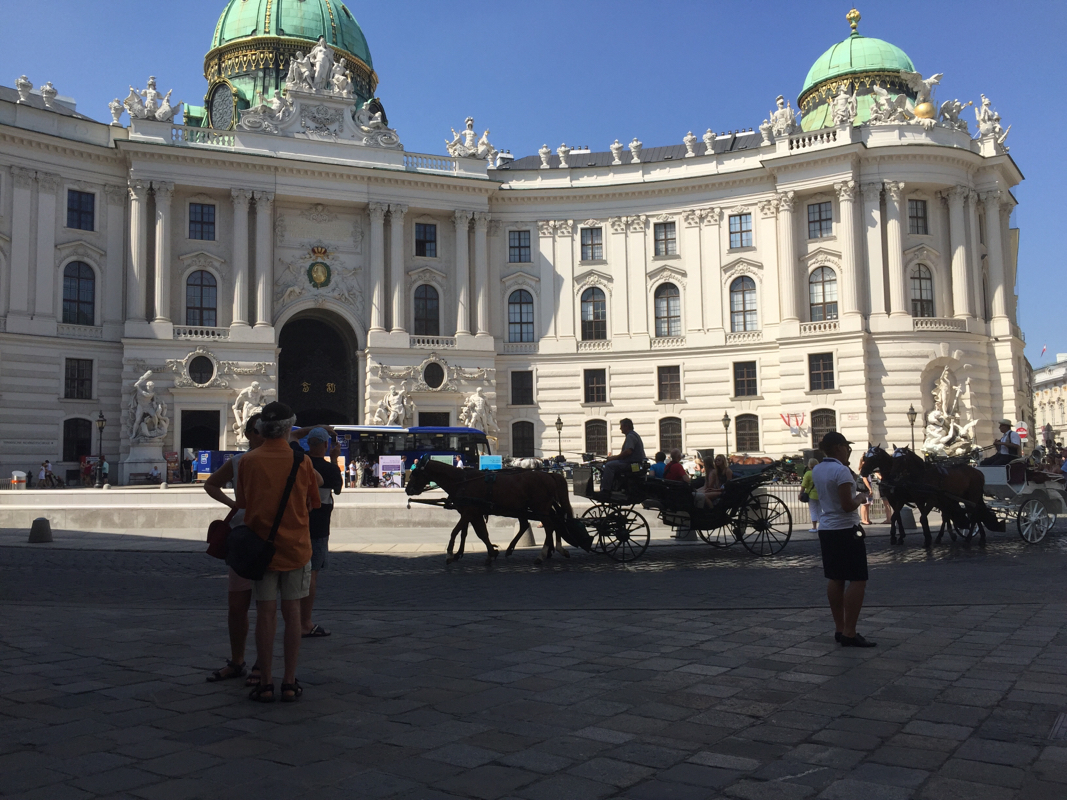
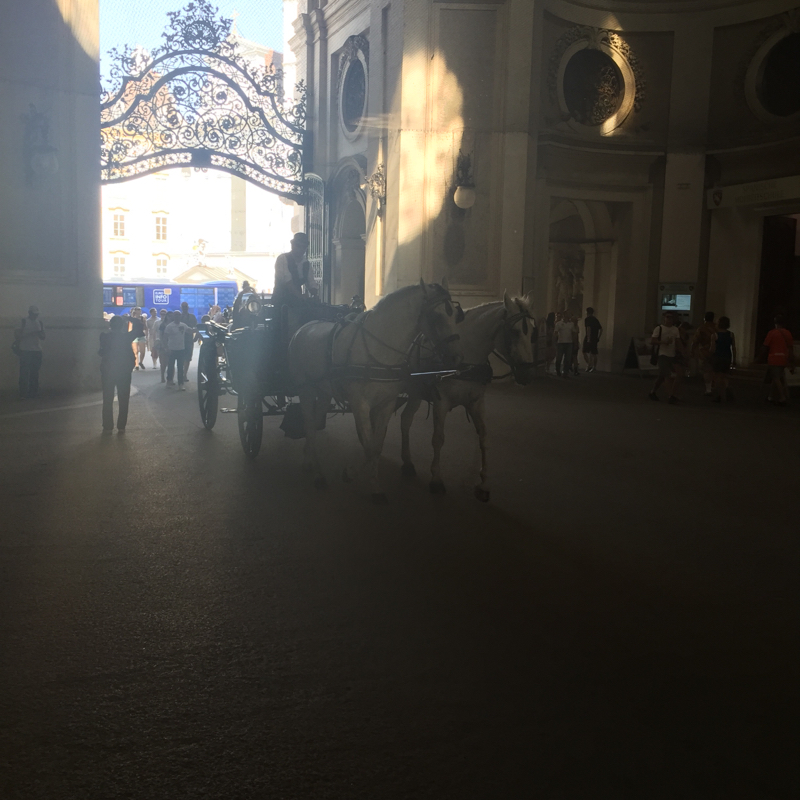

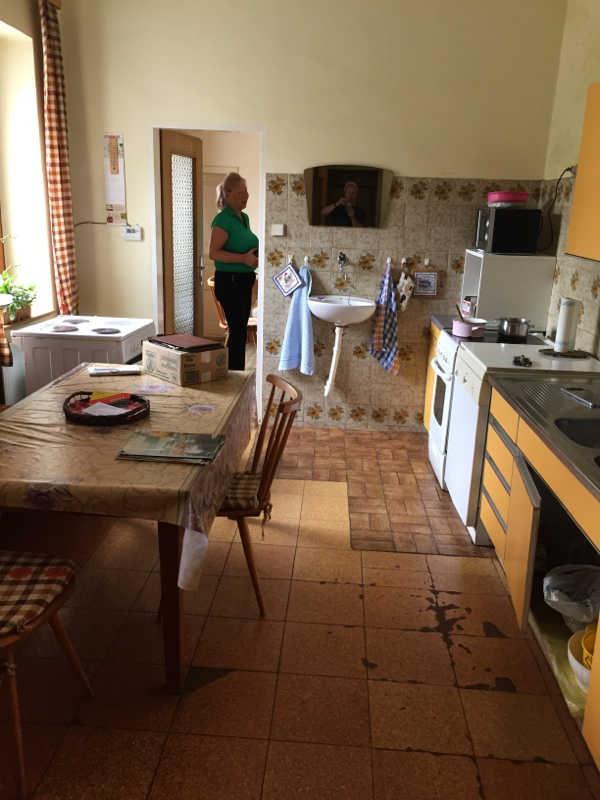
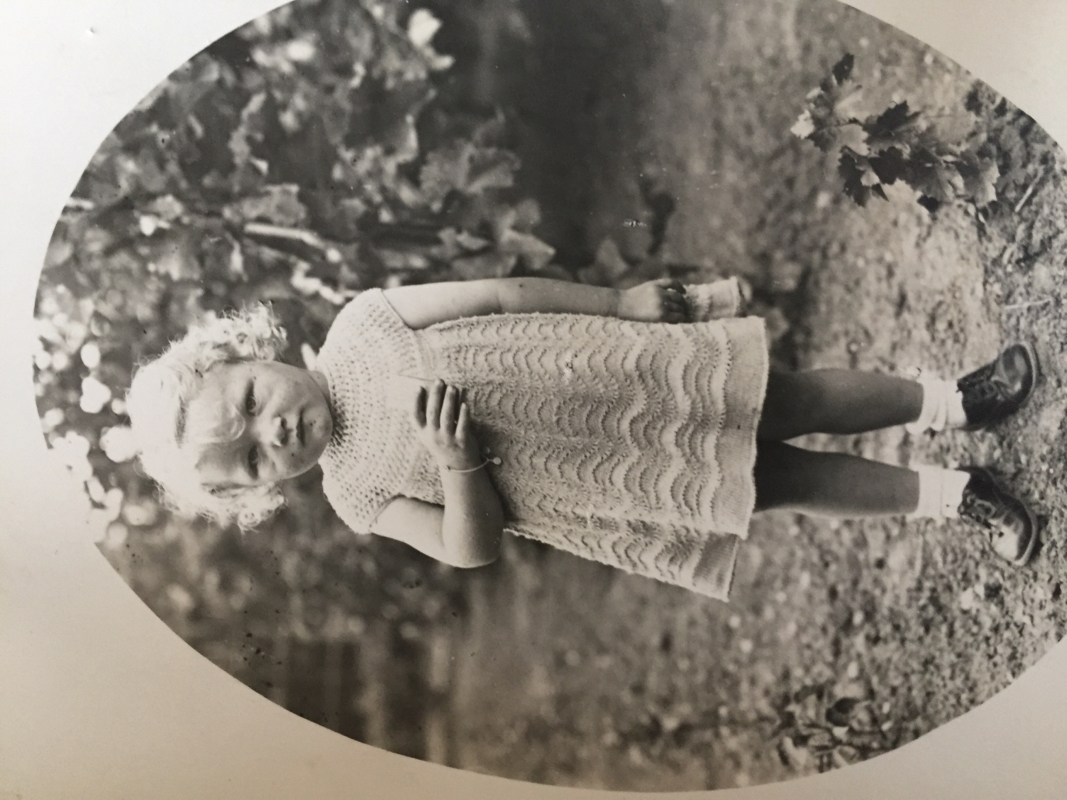
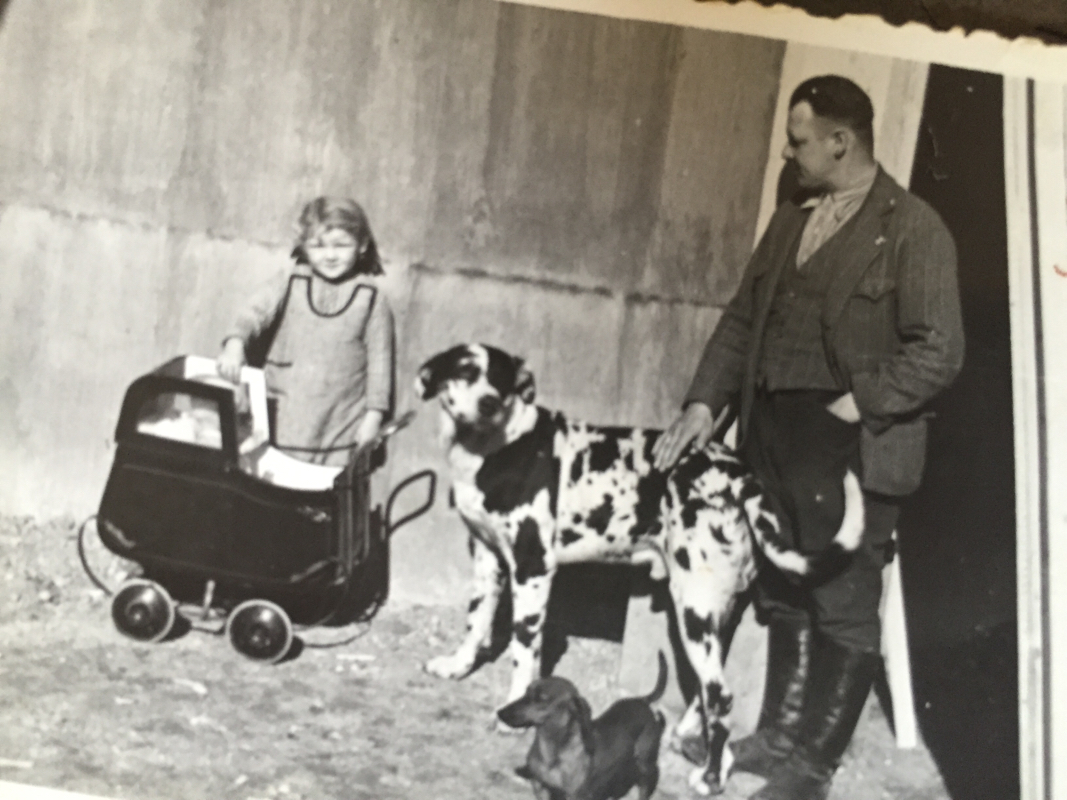
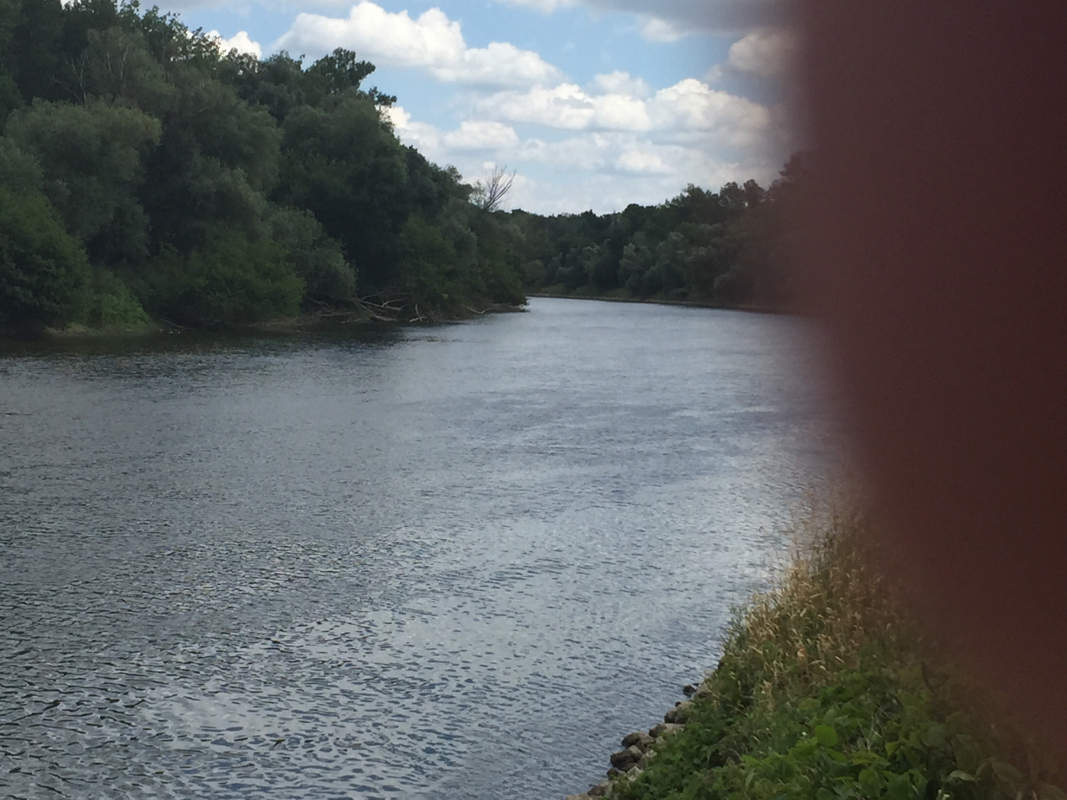
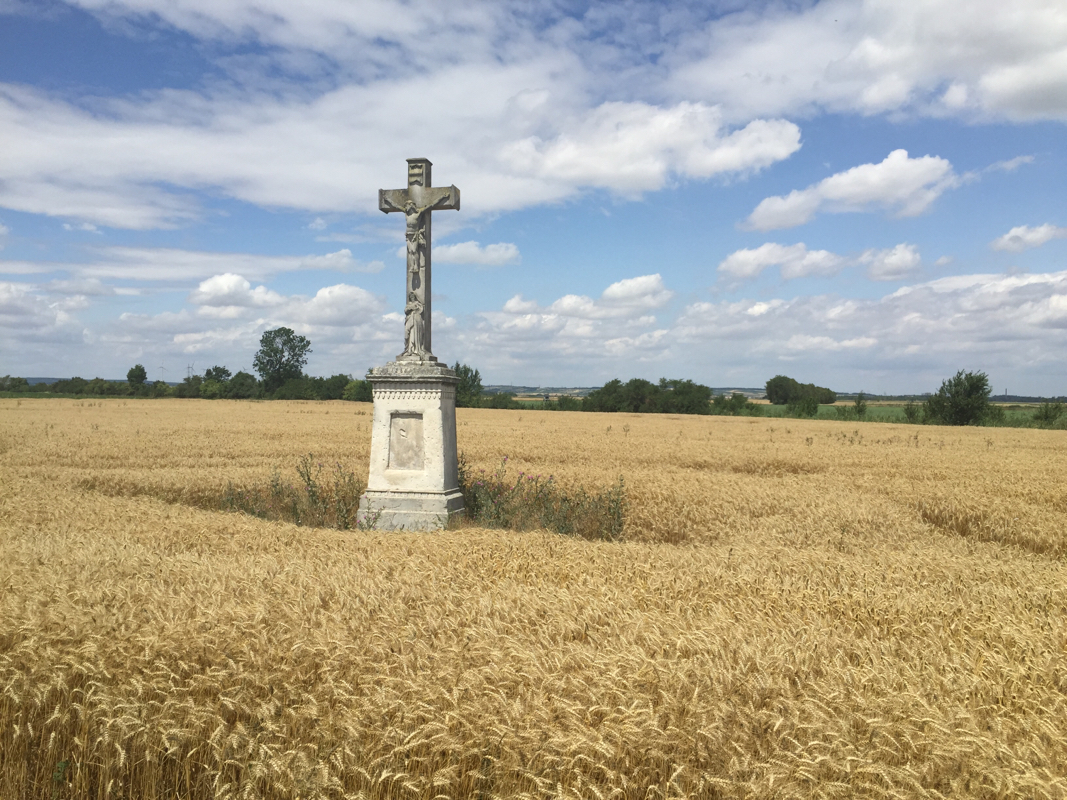
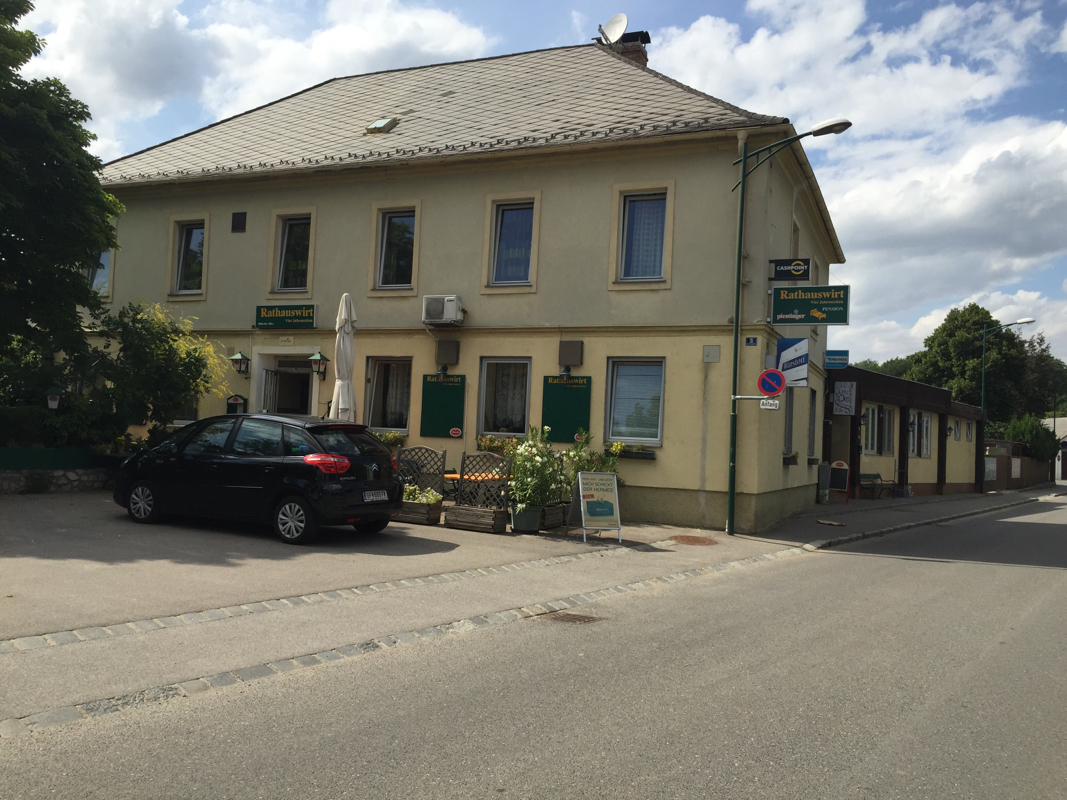
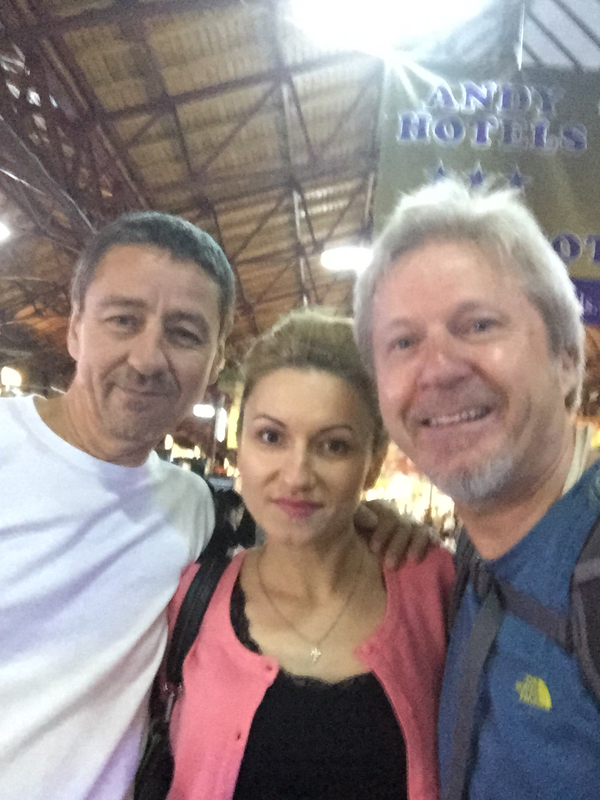
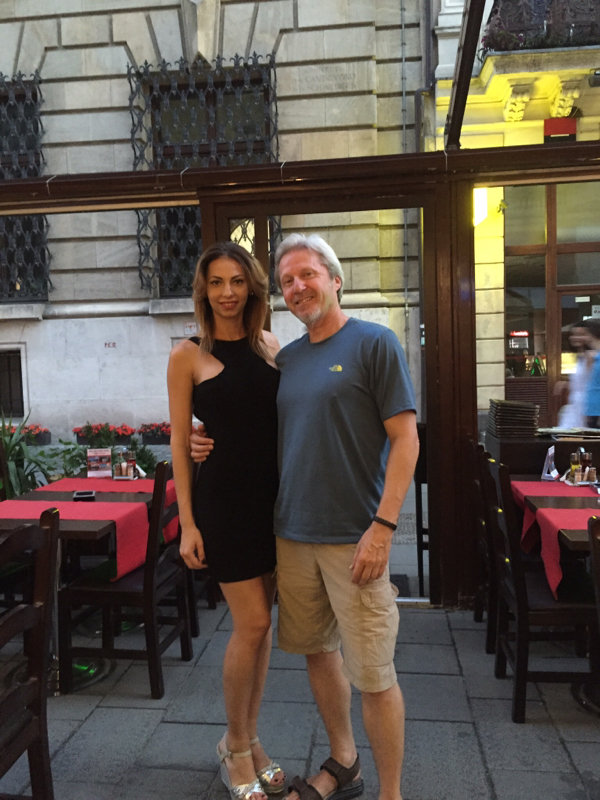

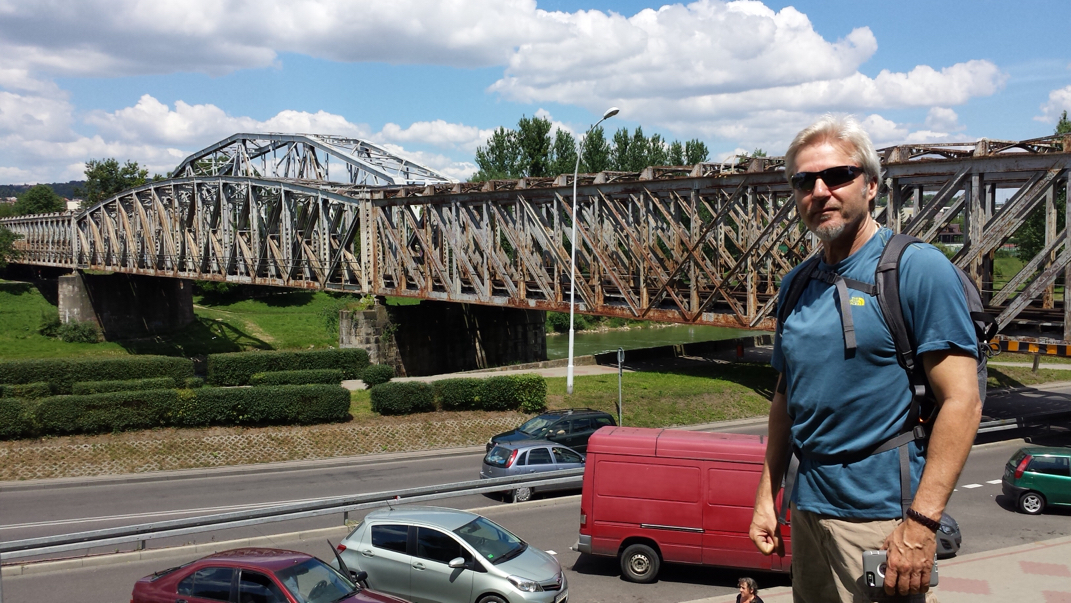
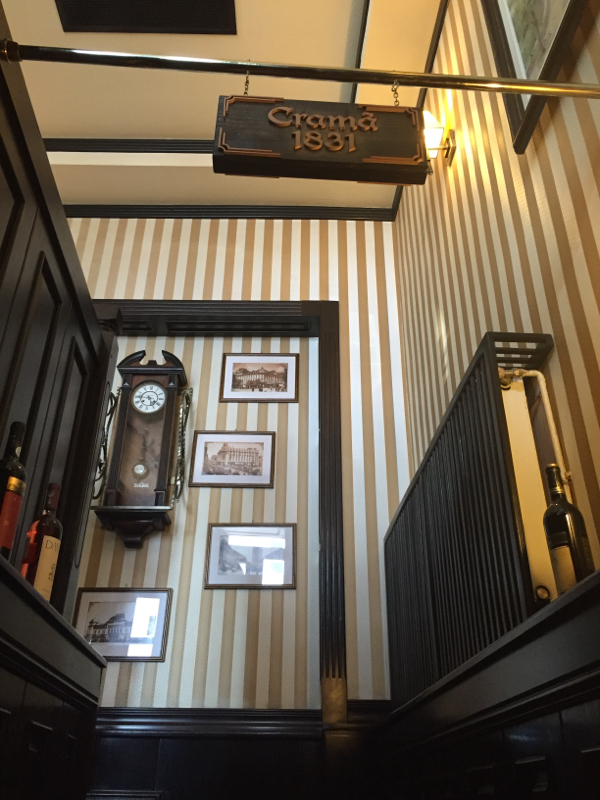
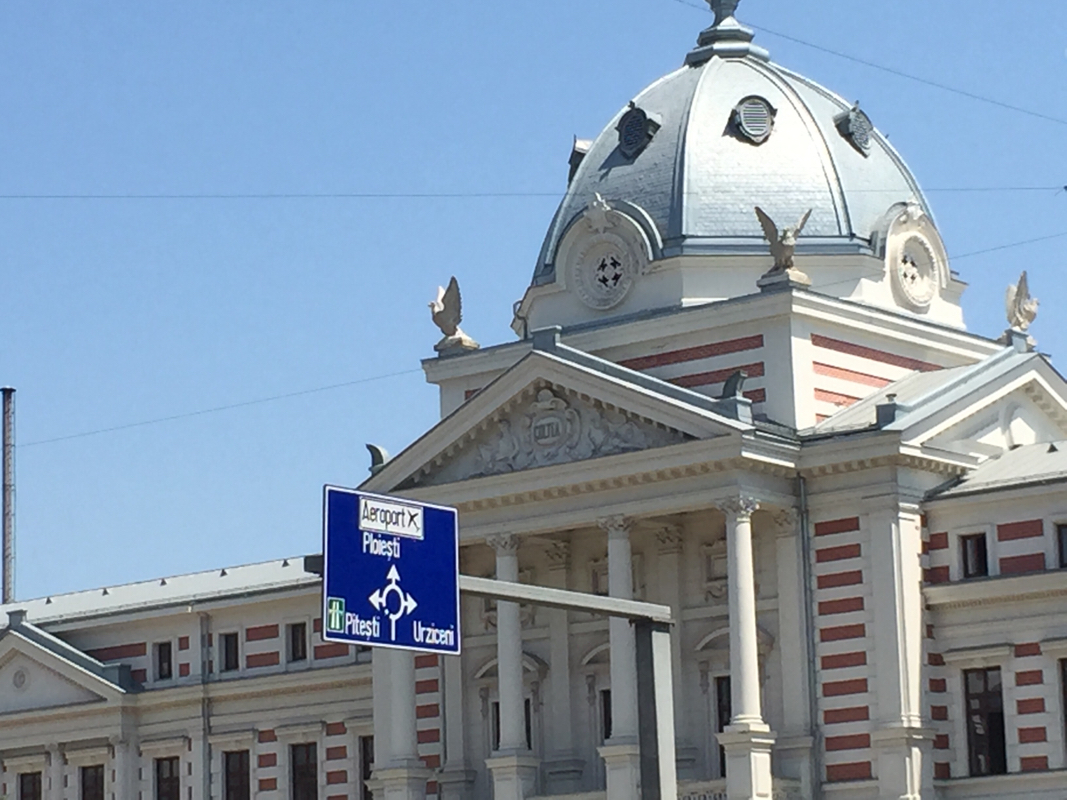
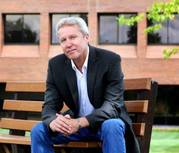
 RSS Feed
RSS Feed